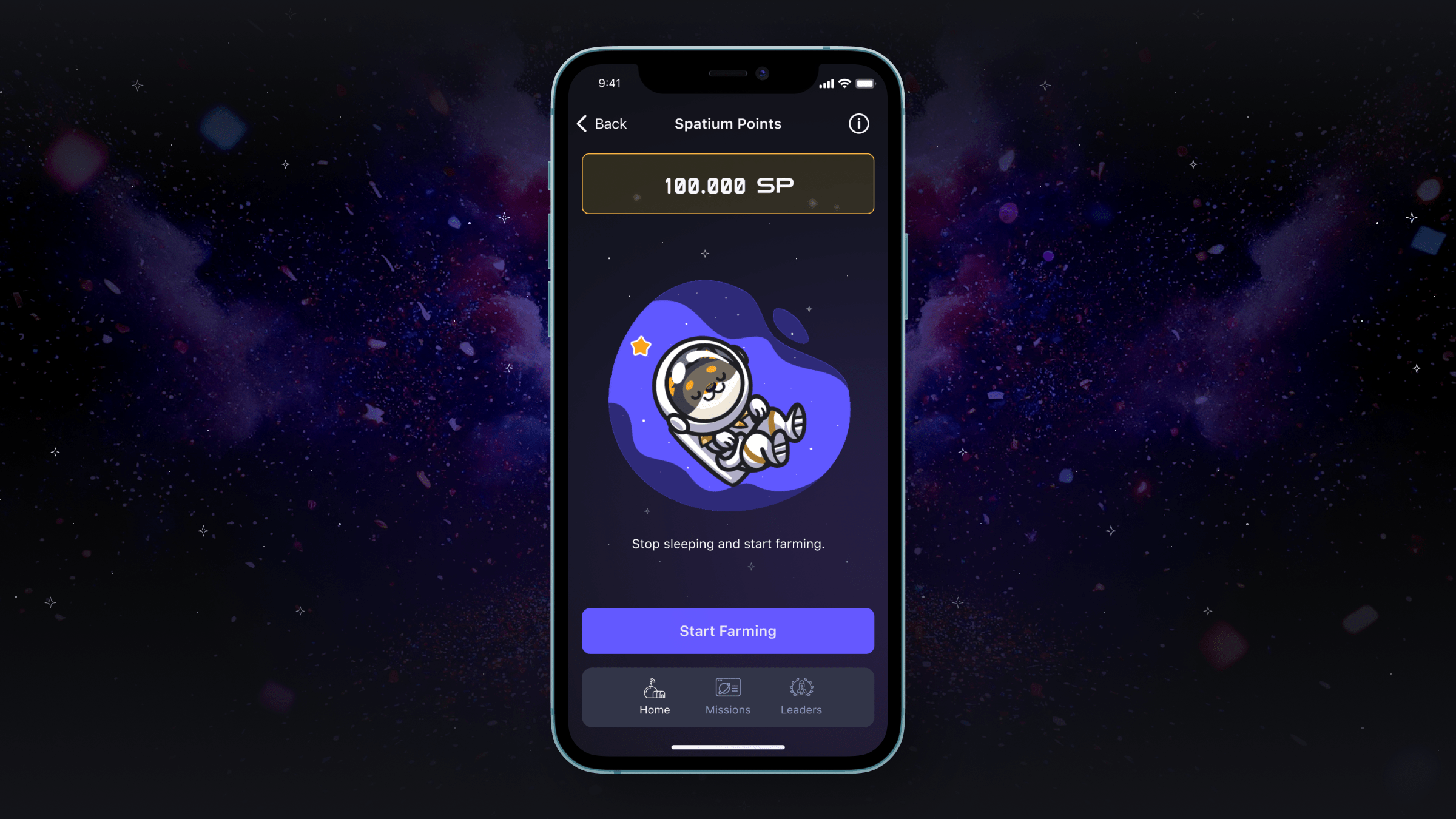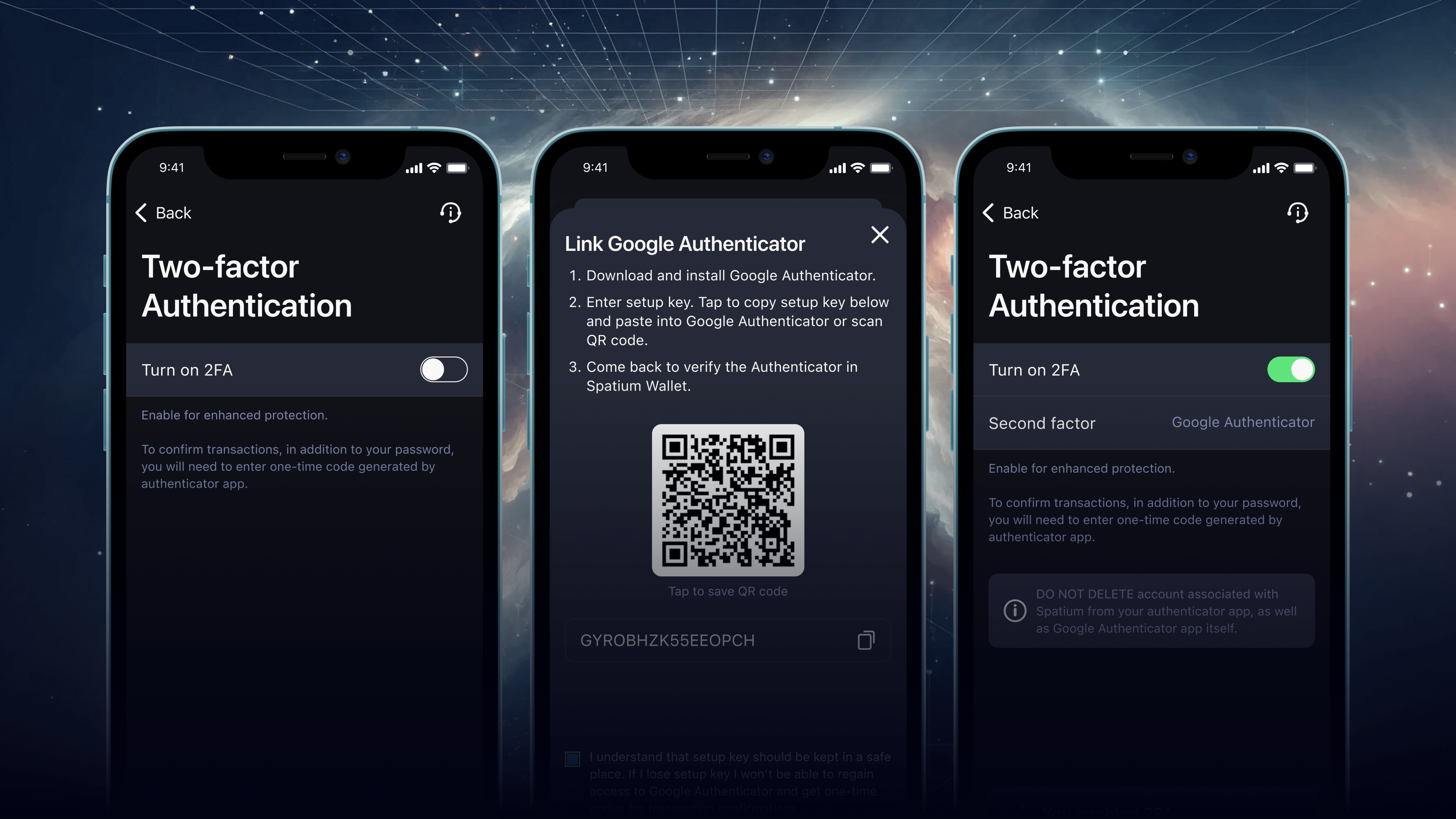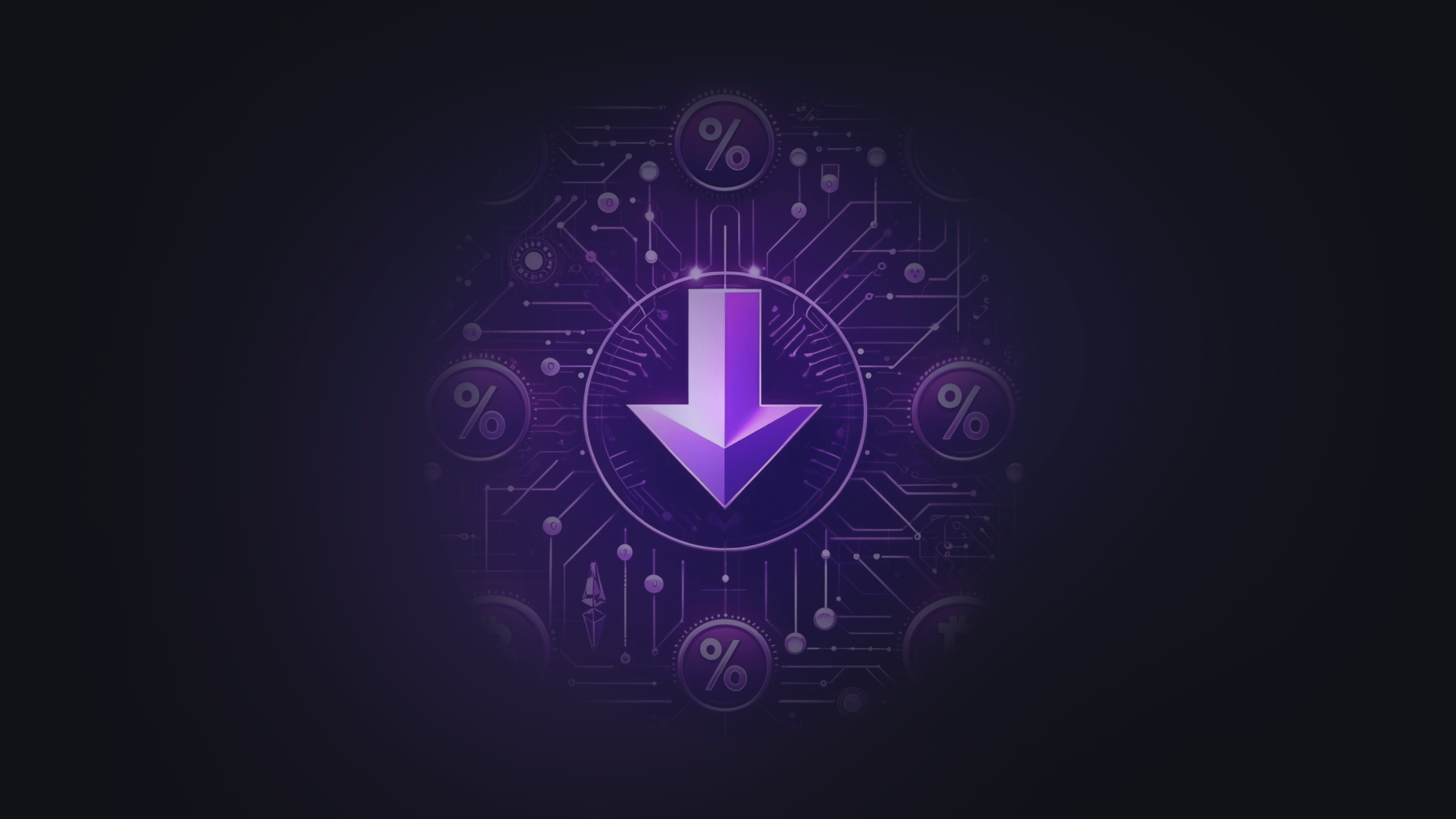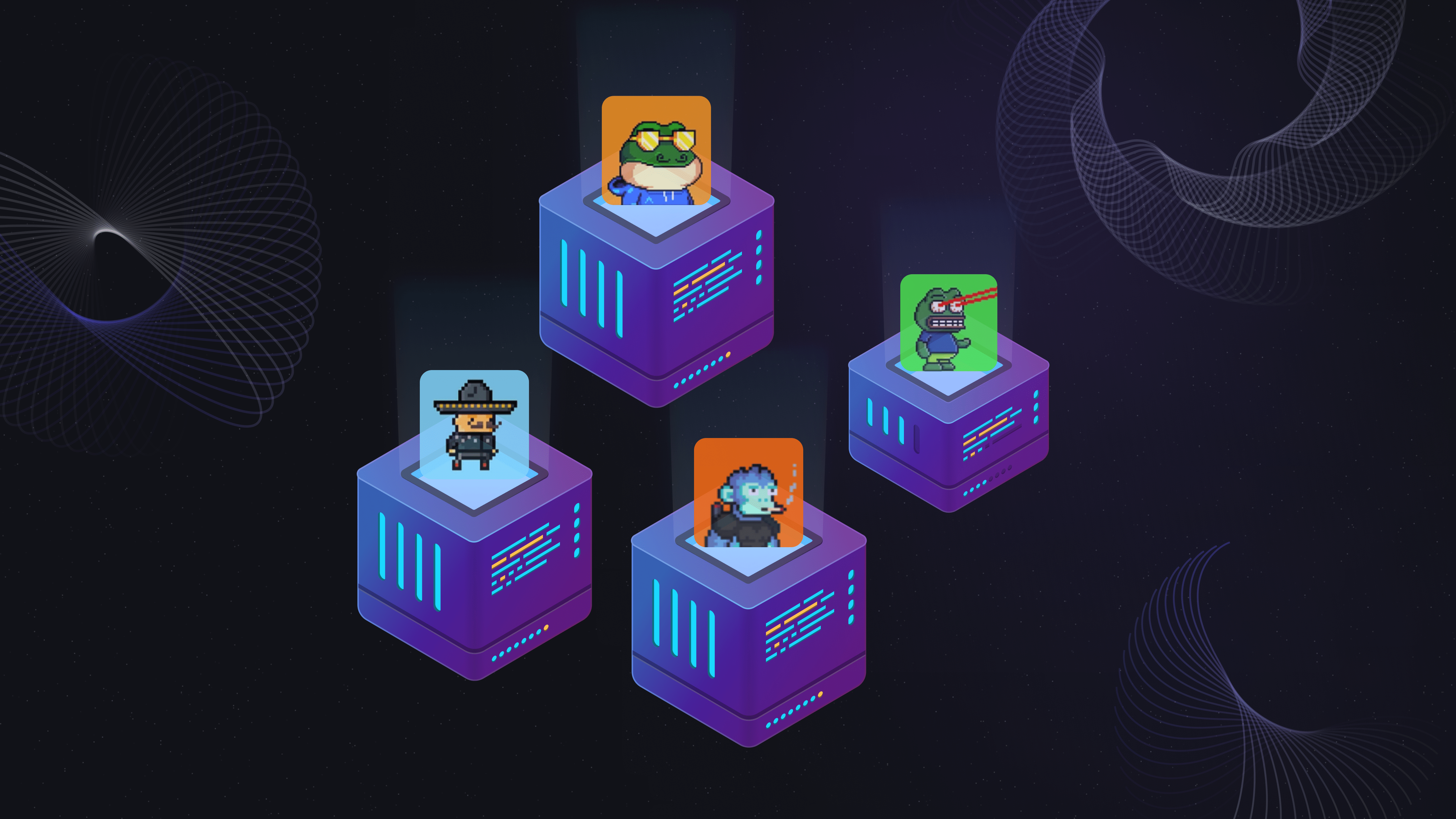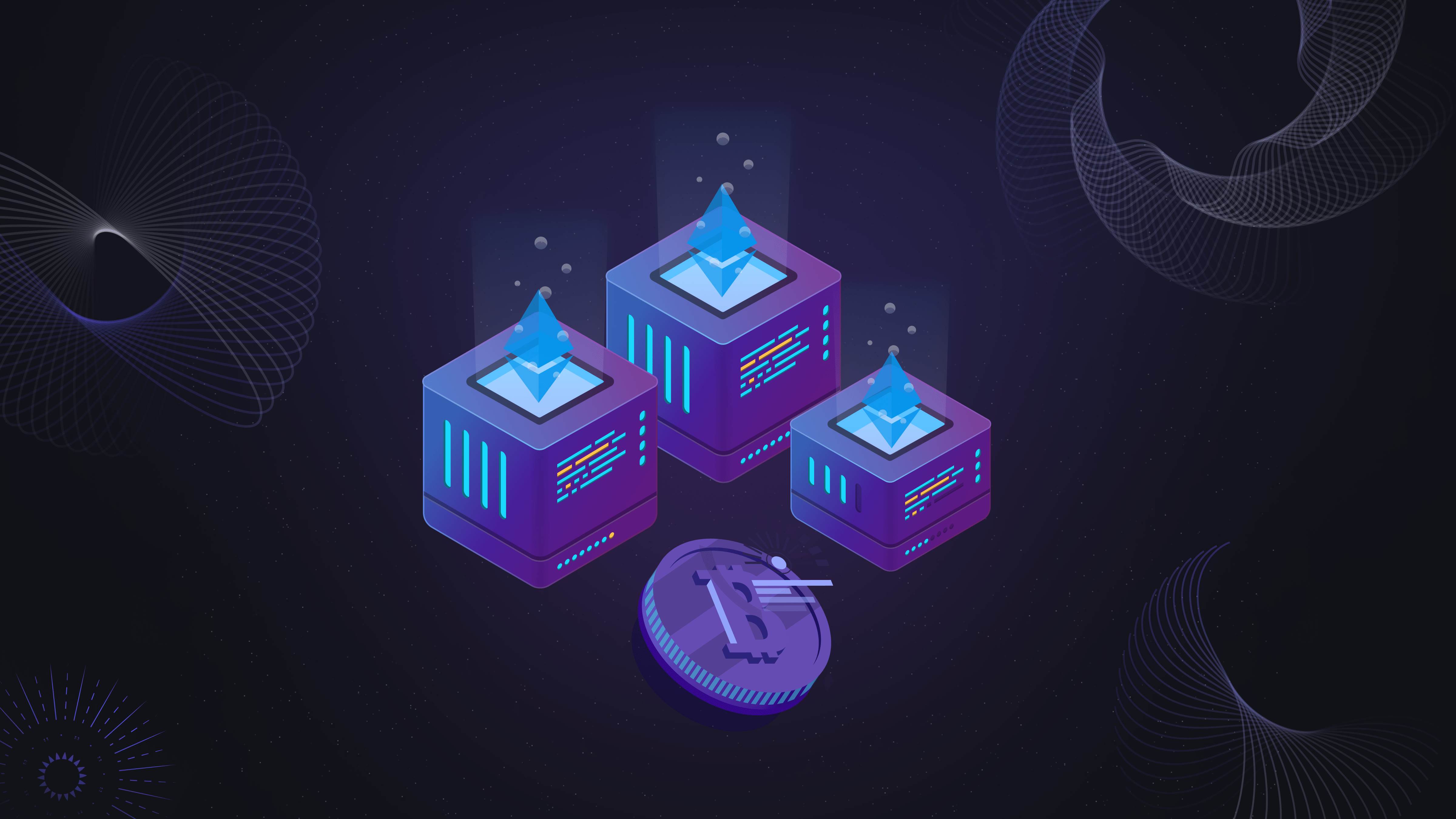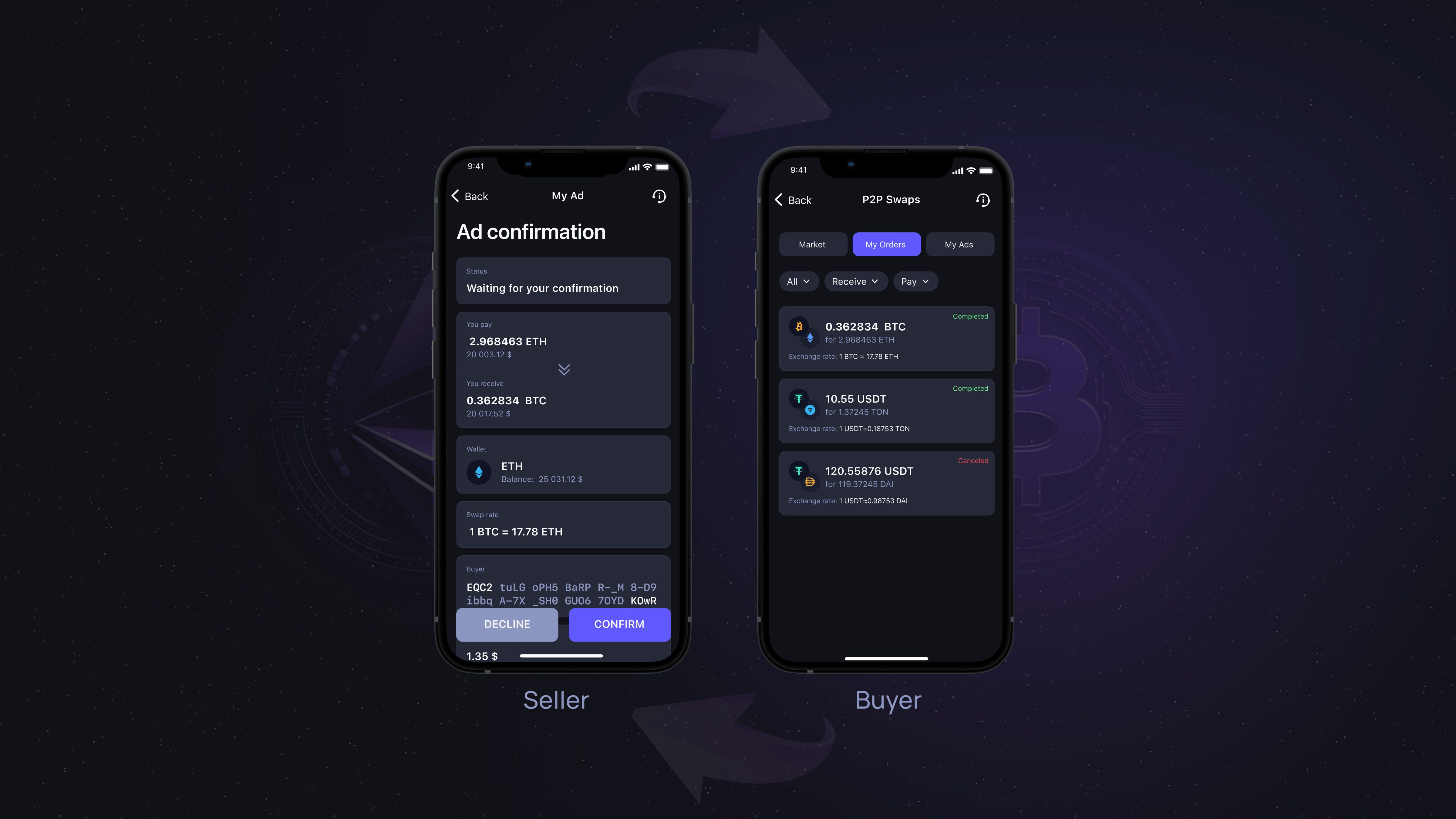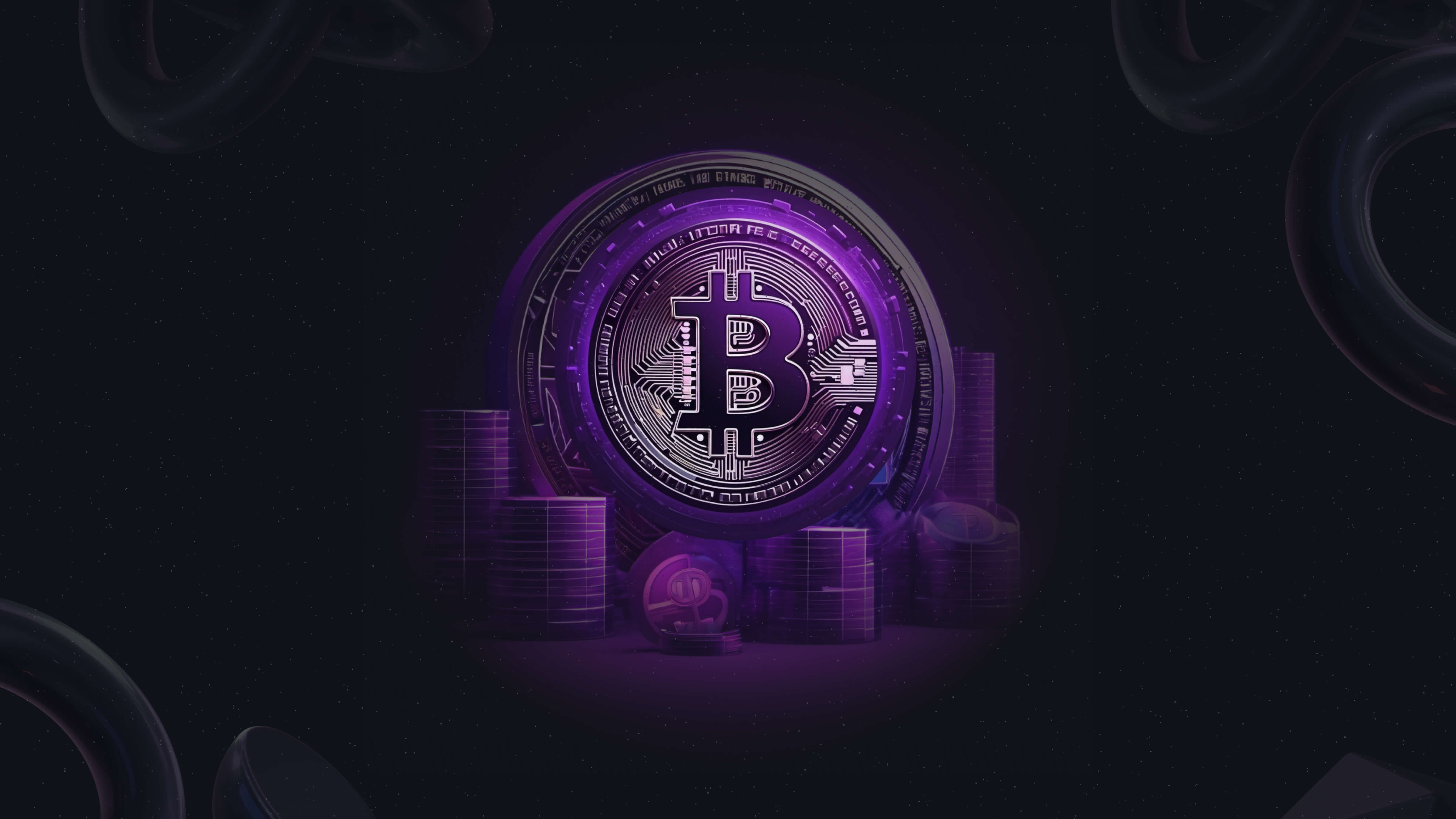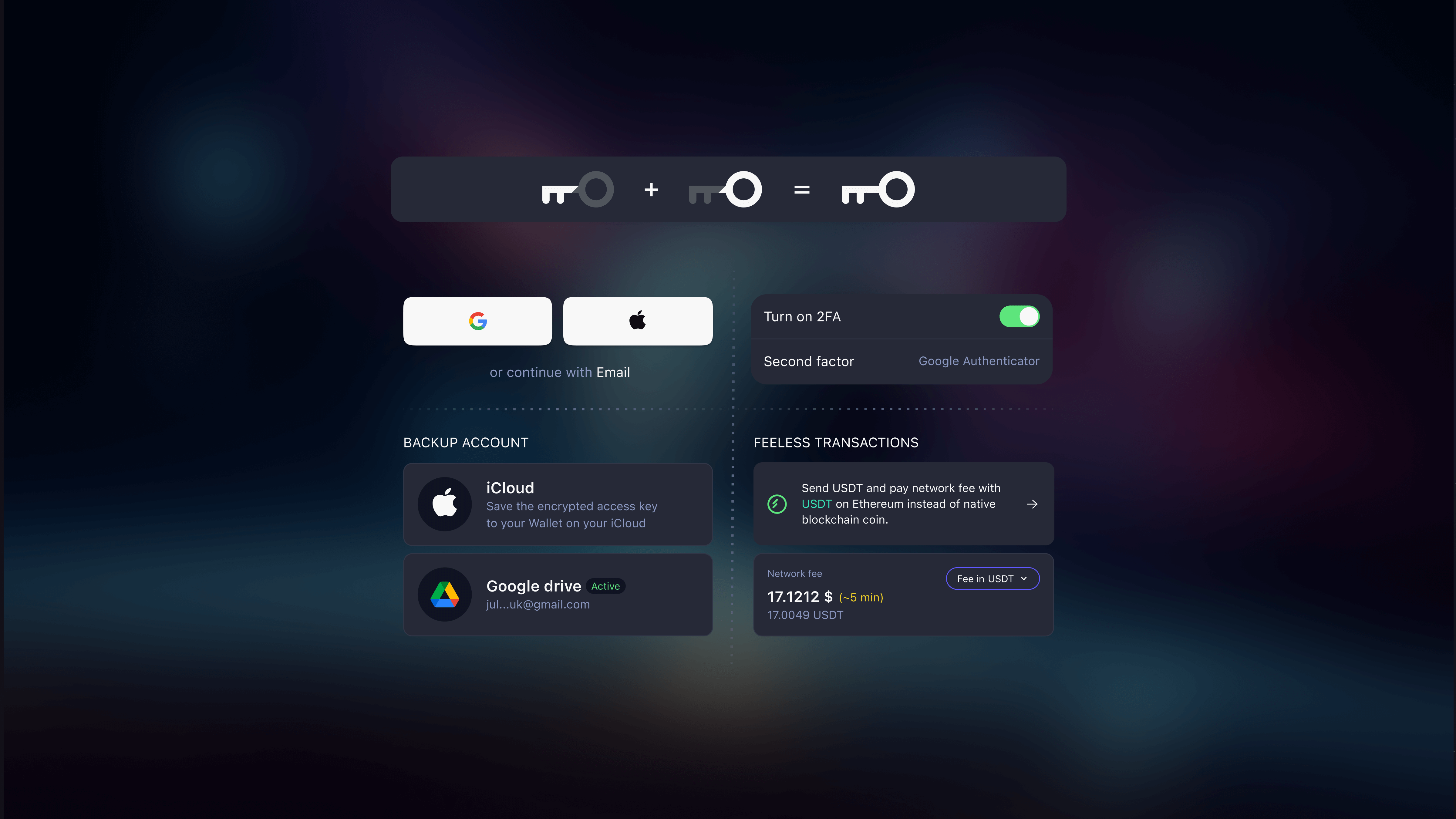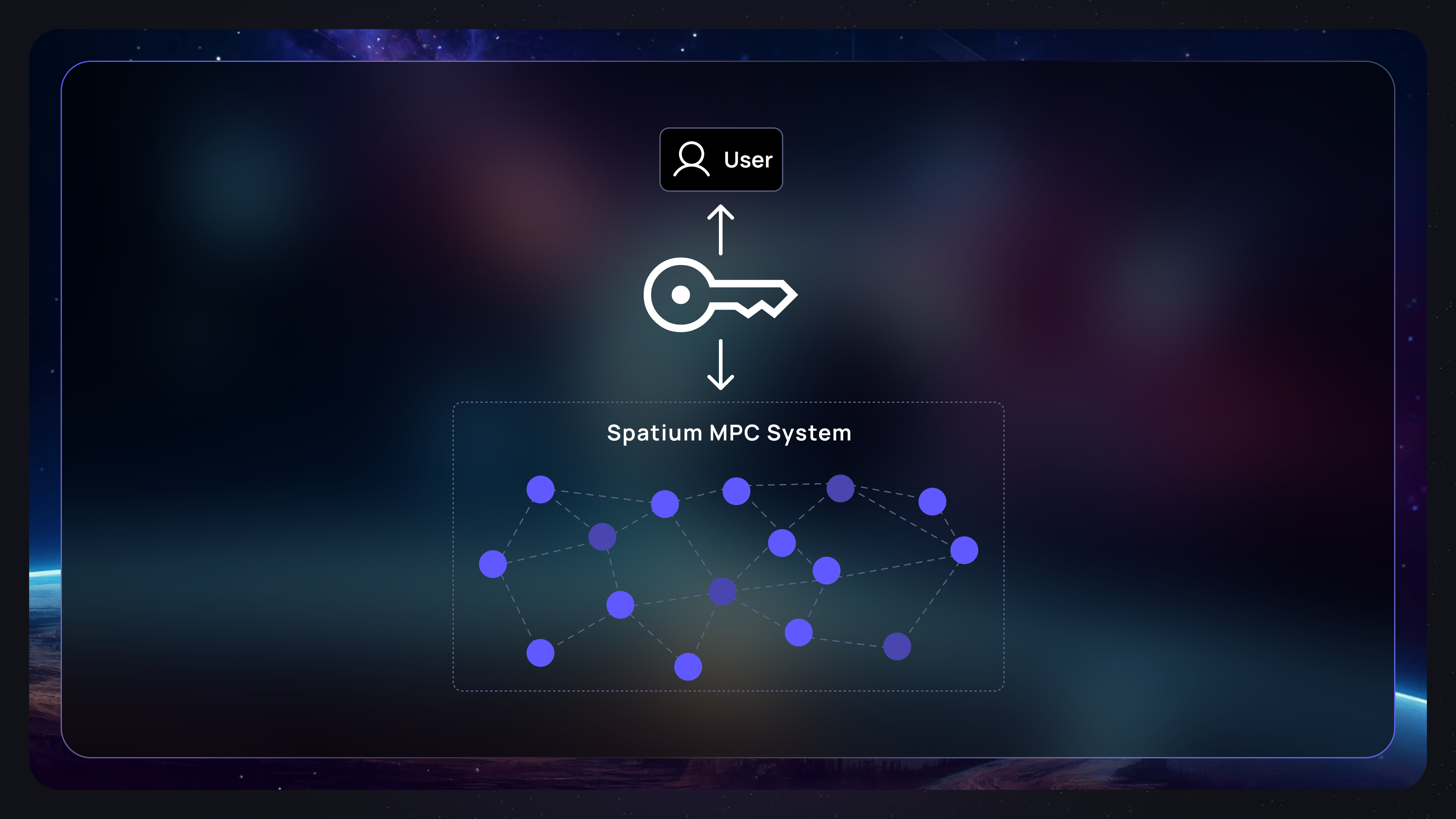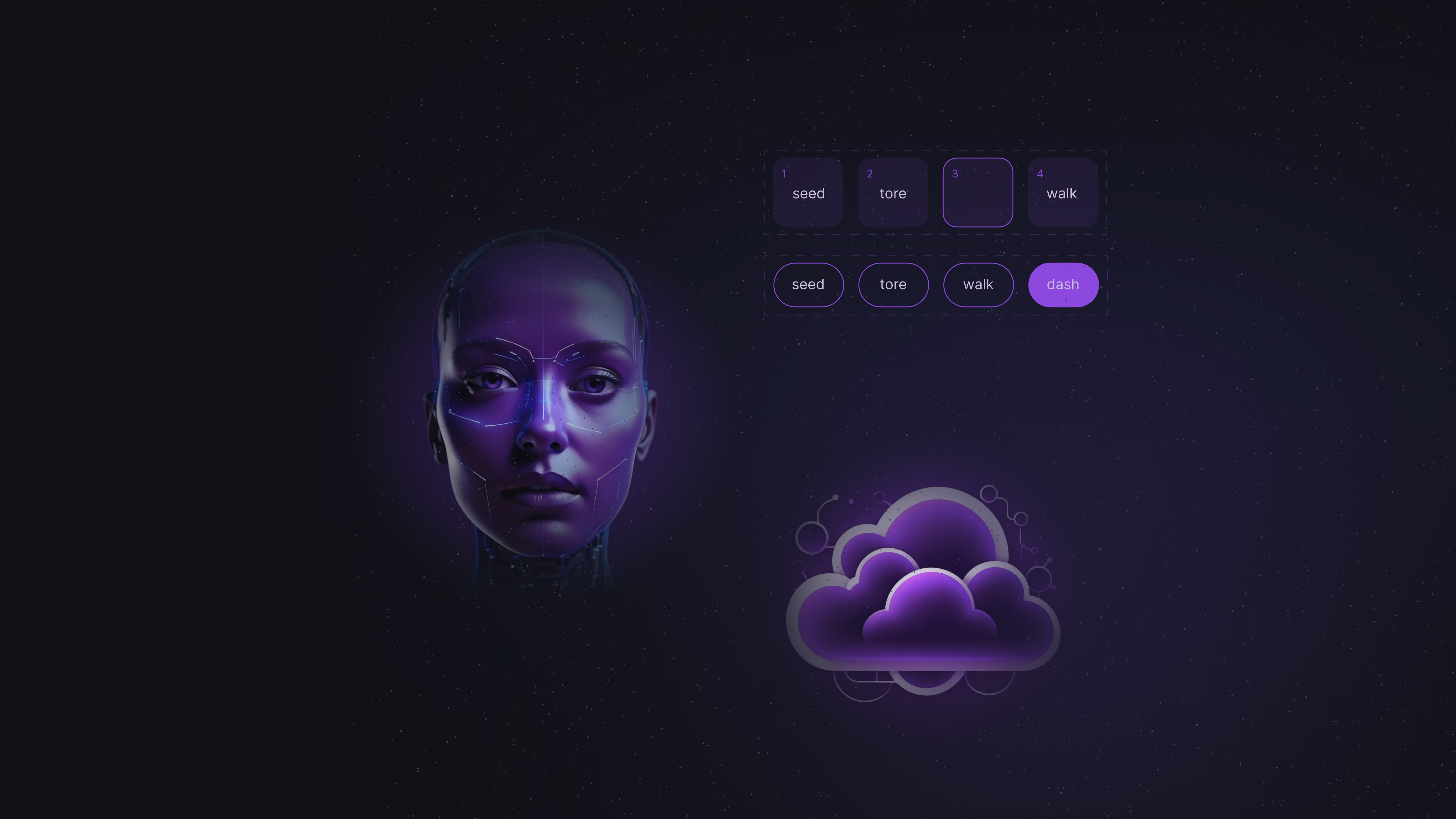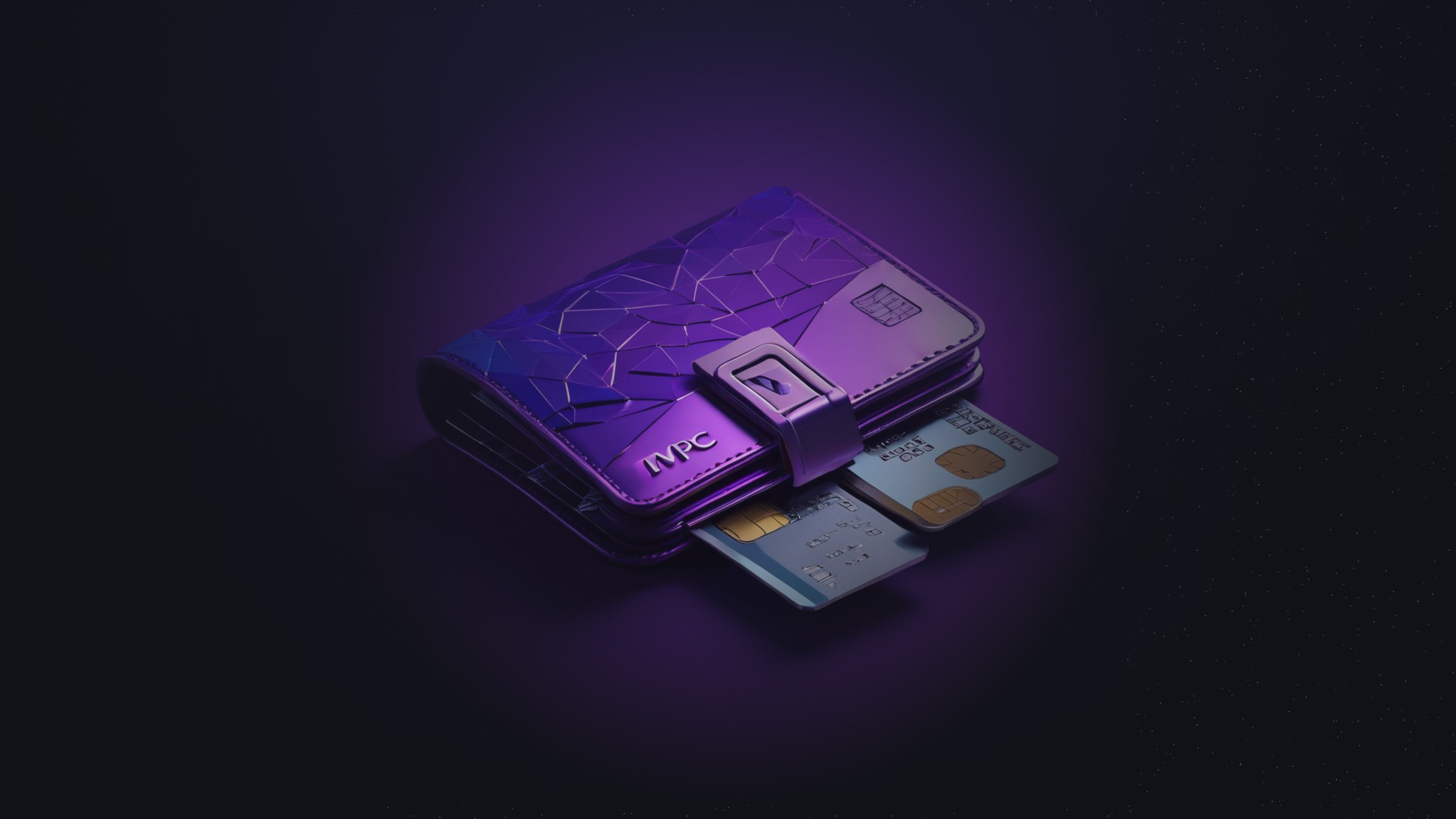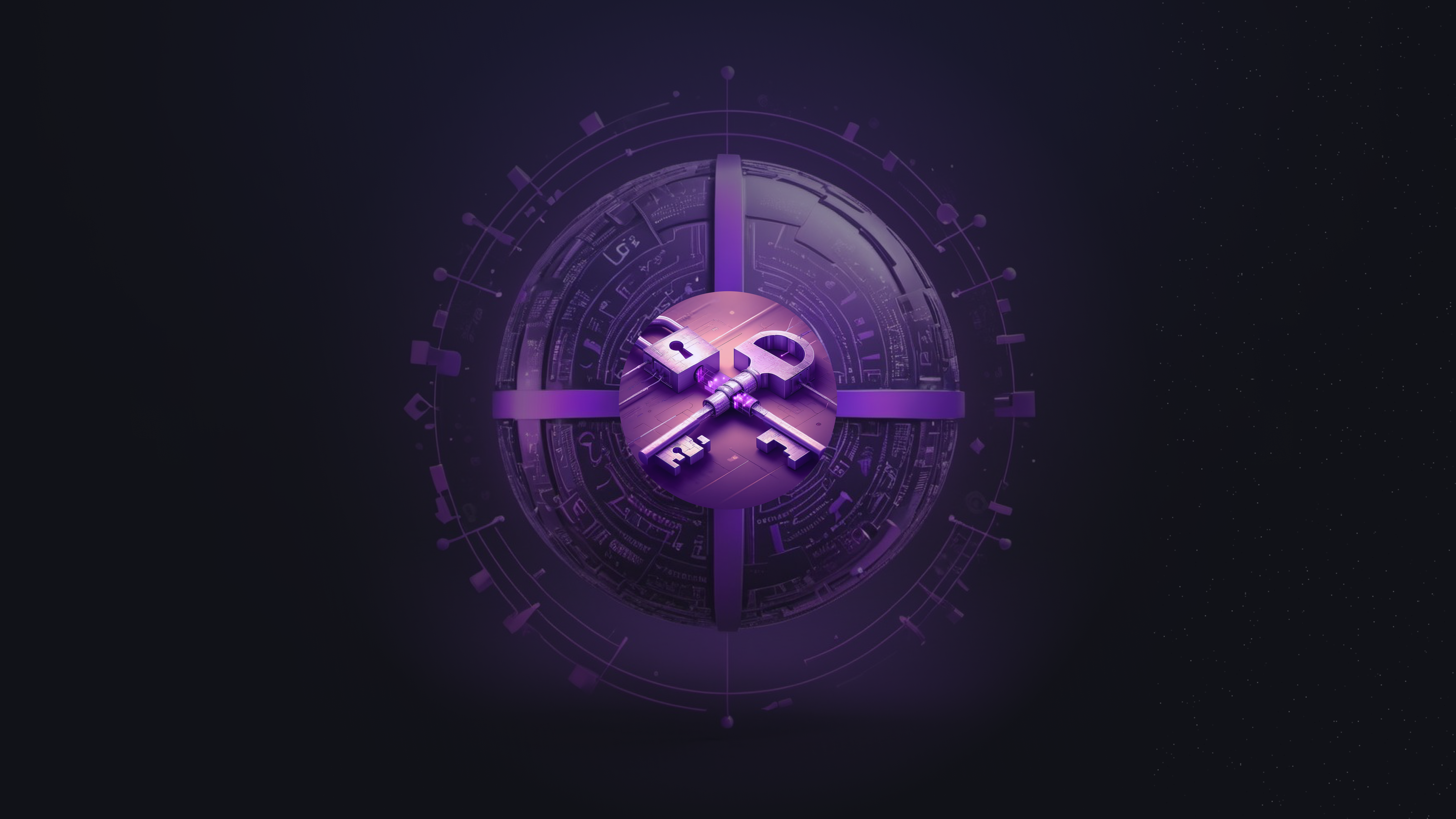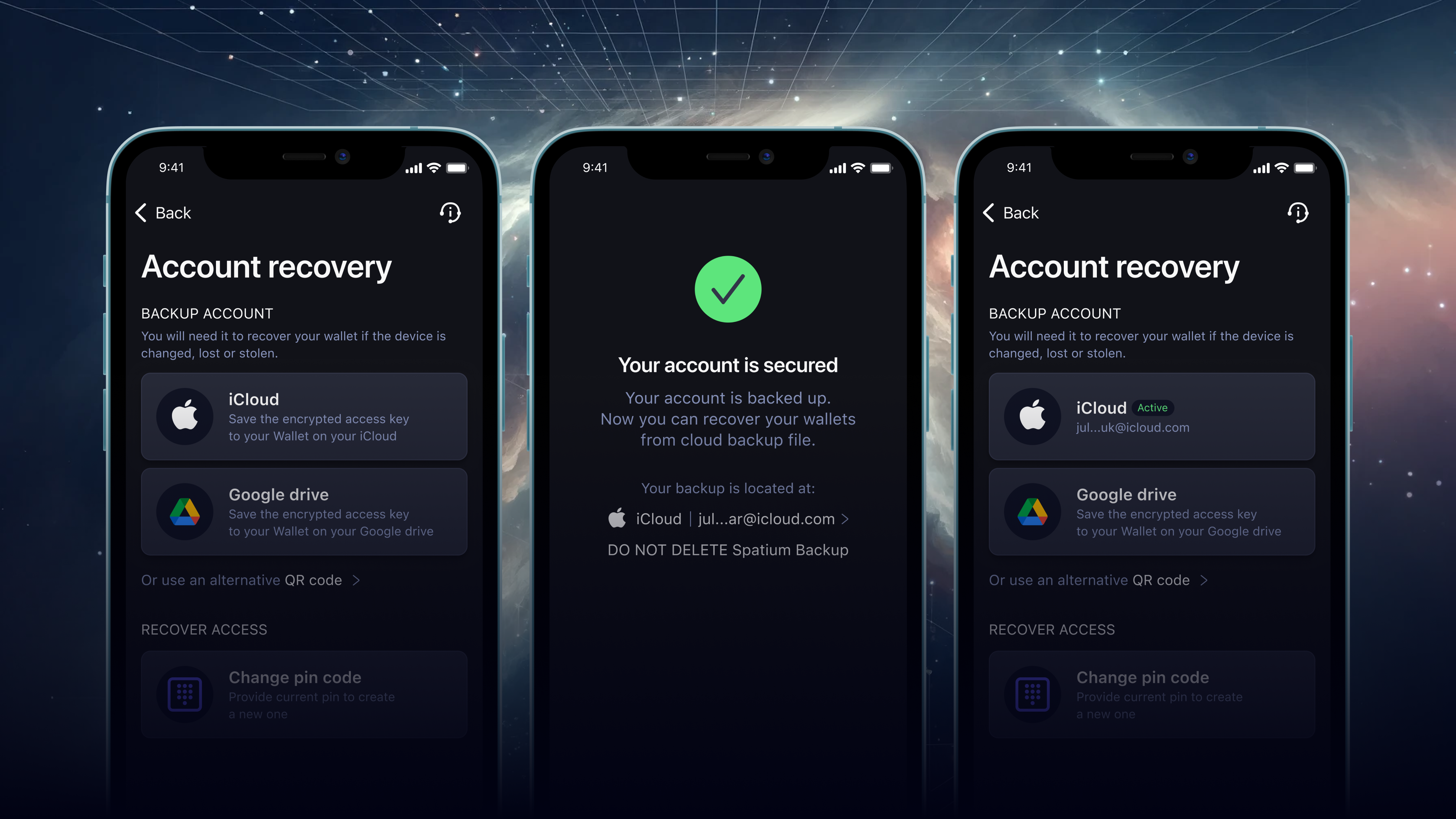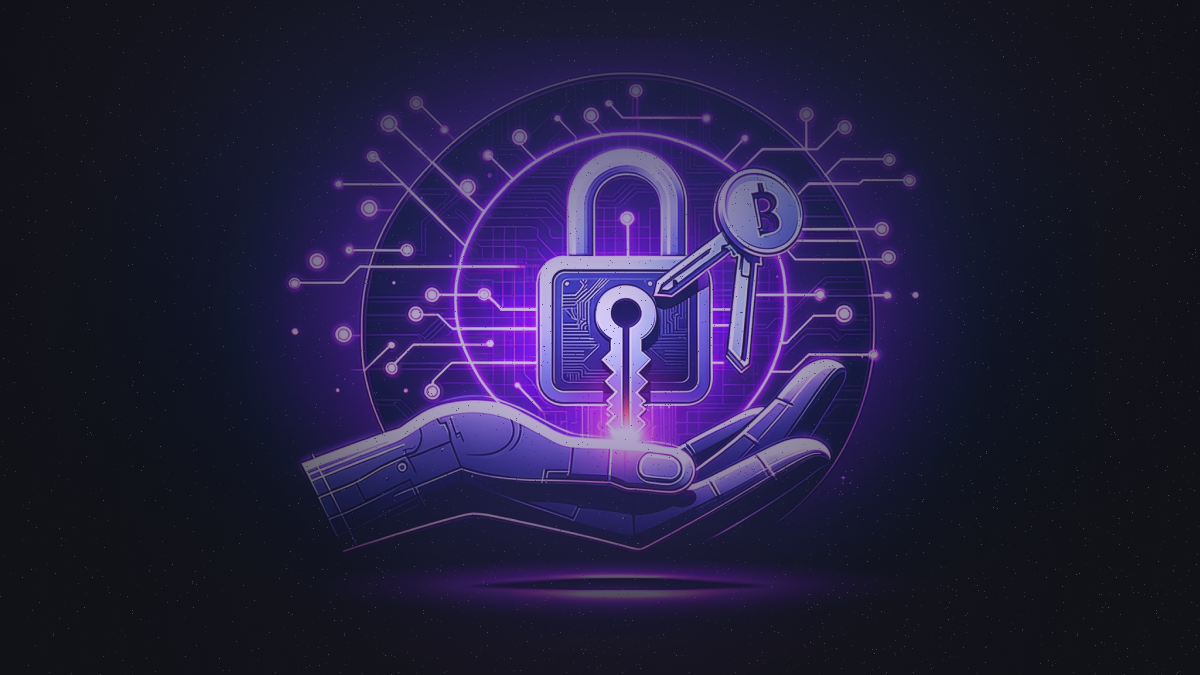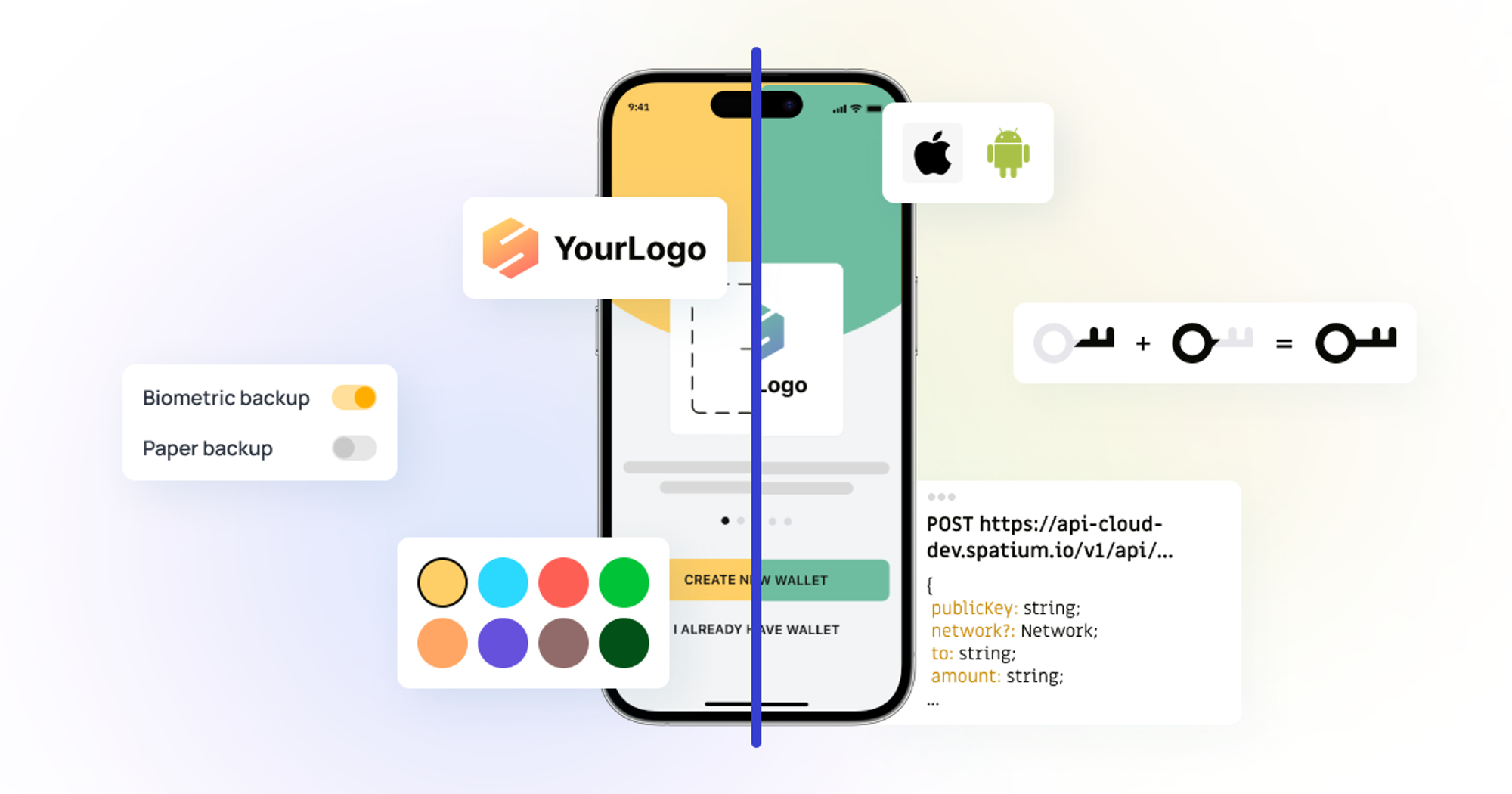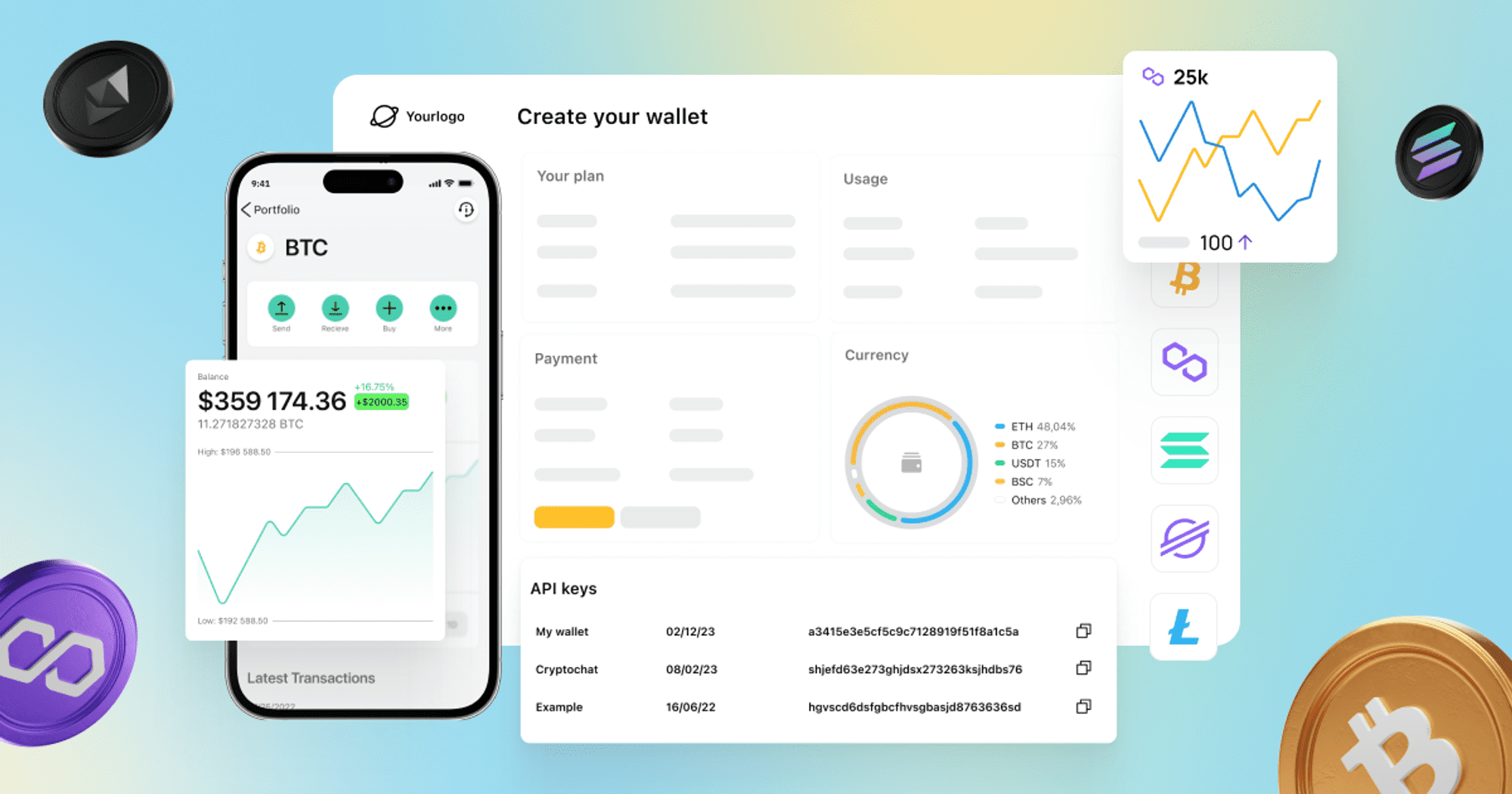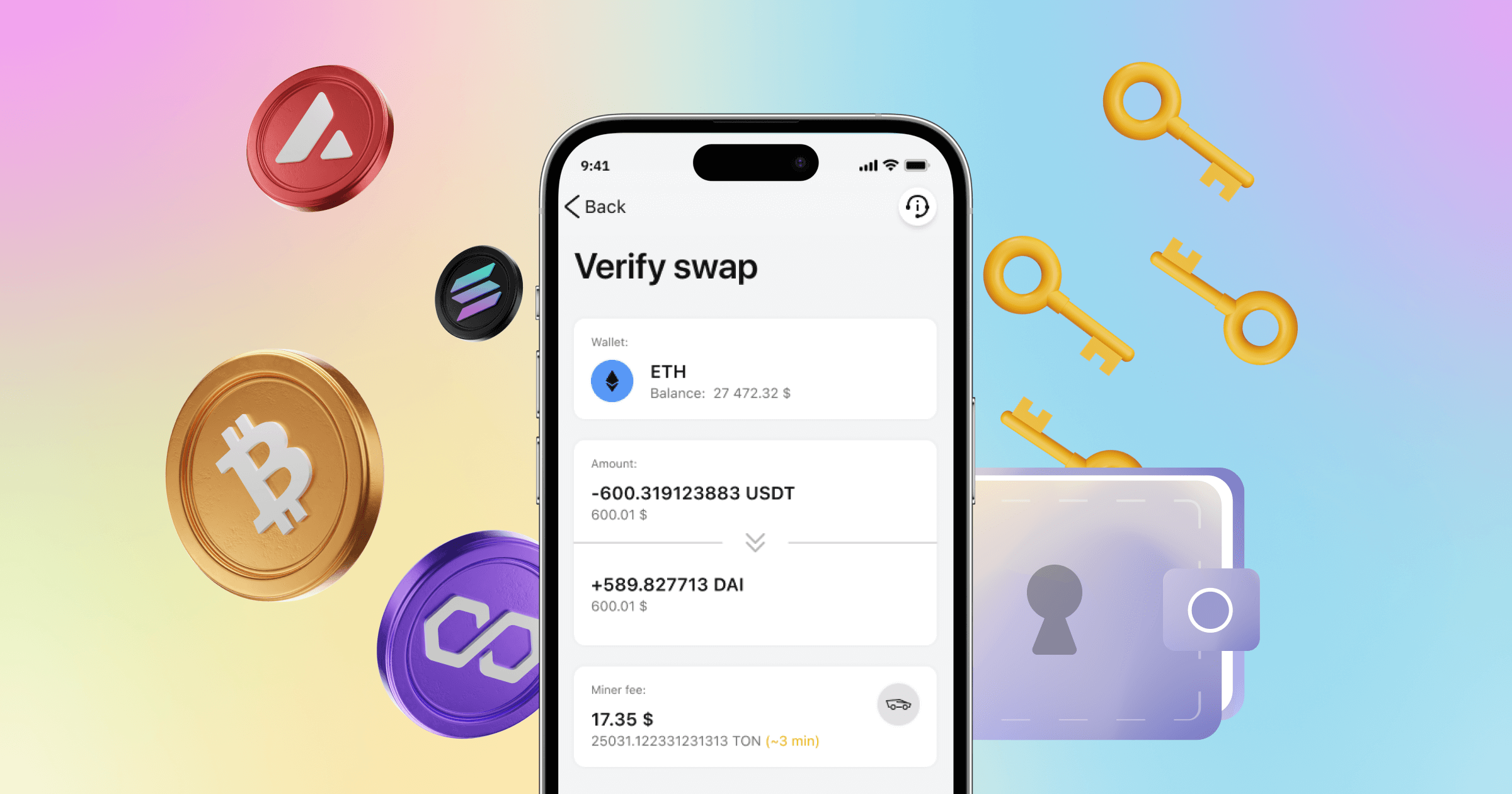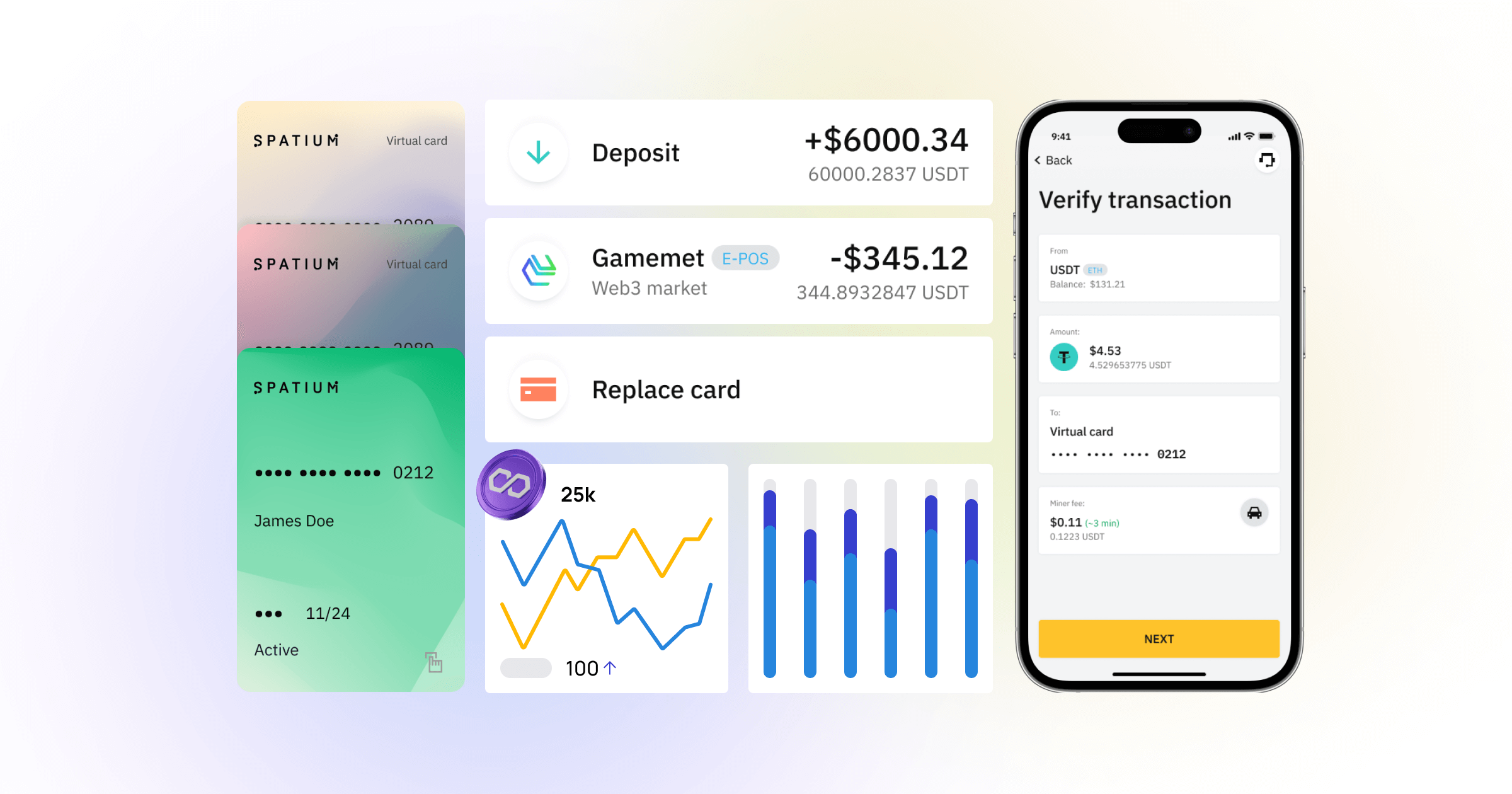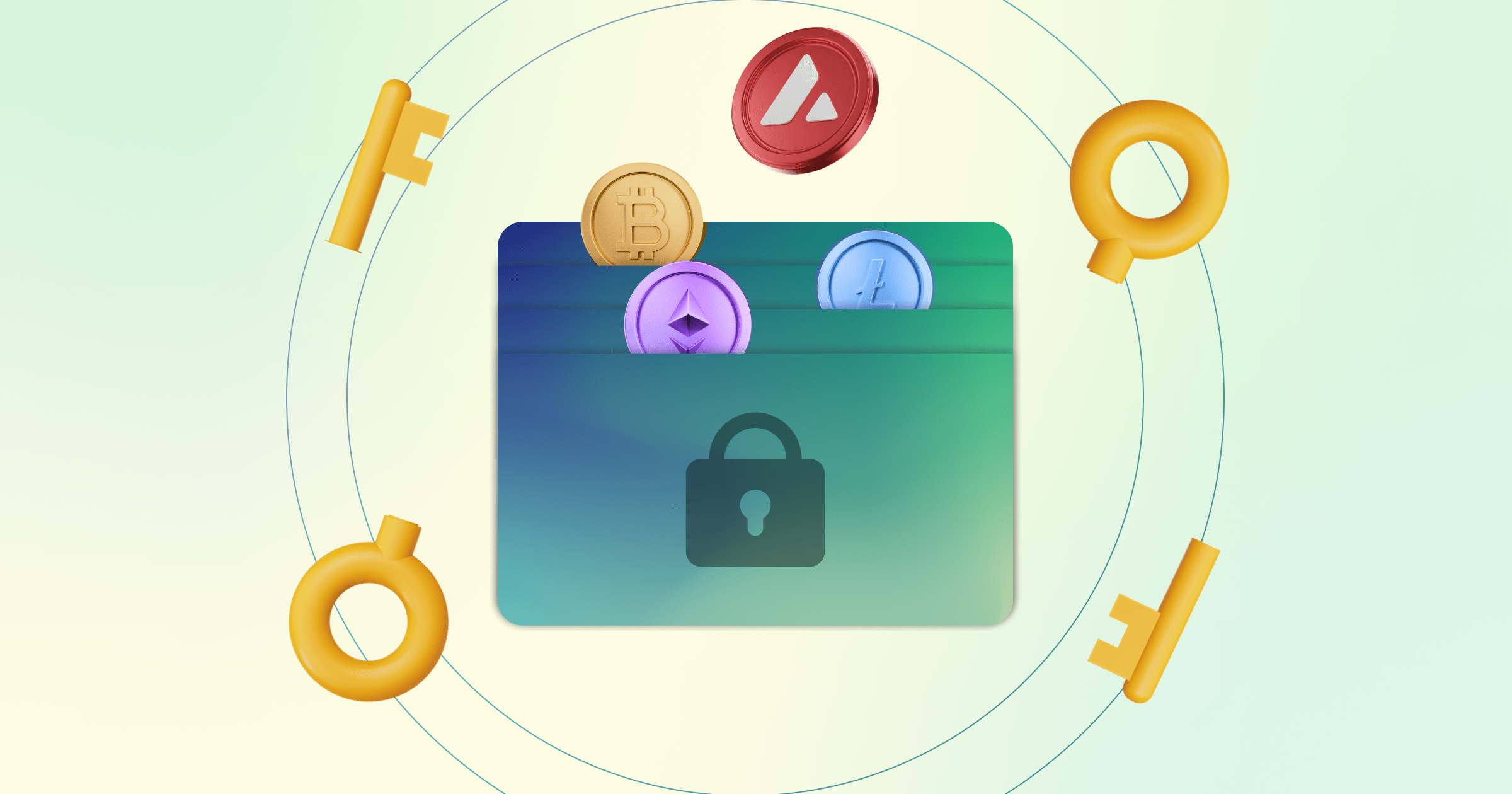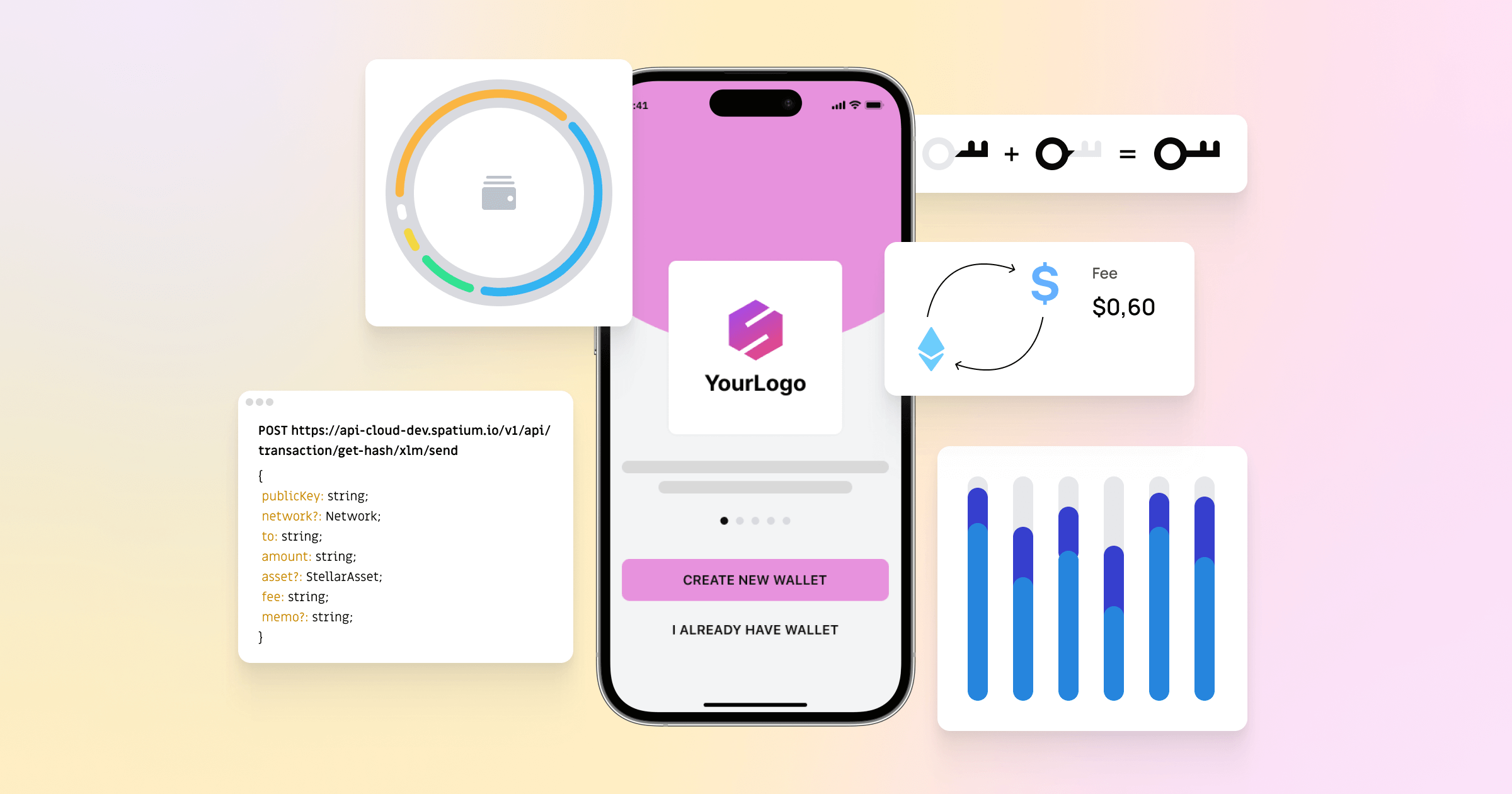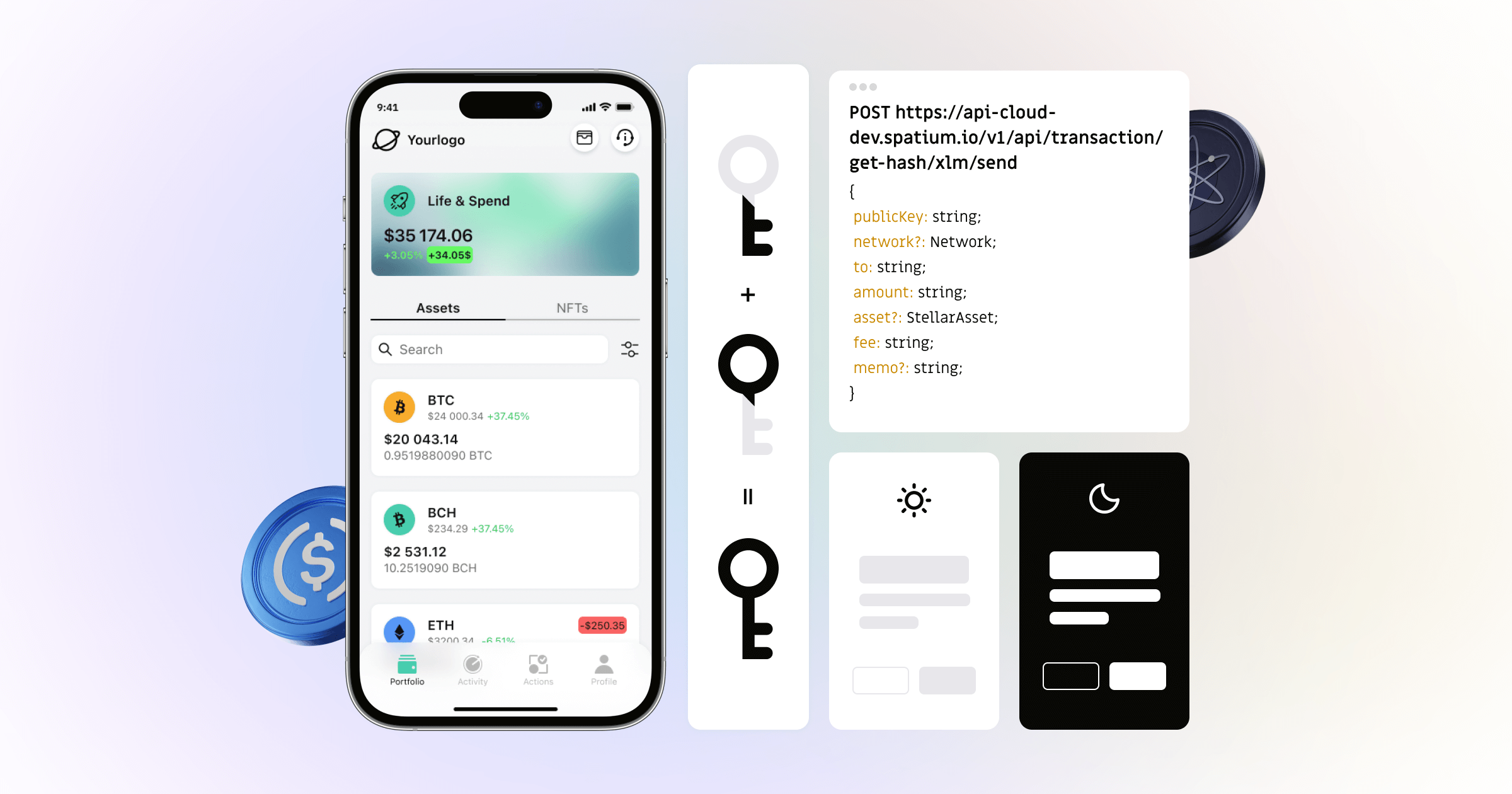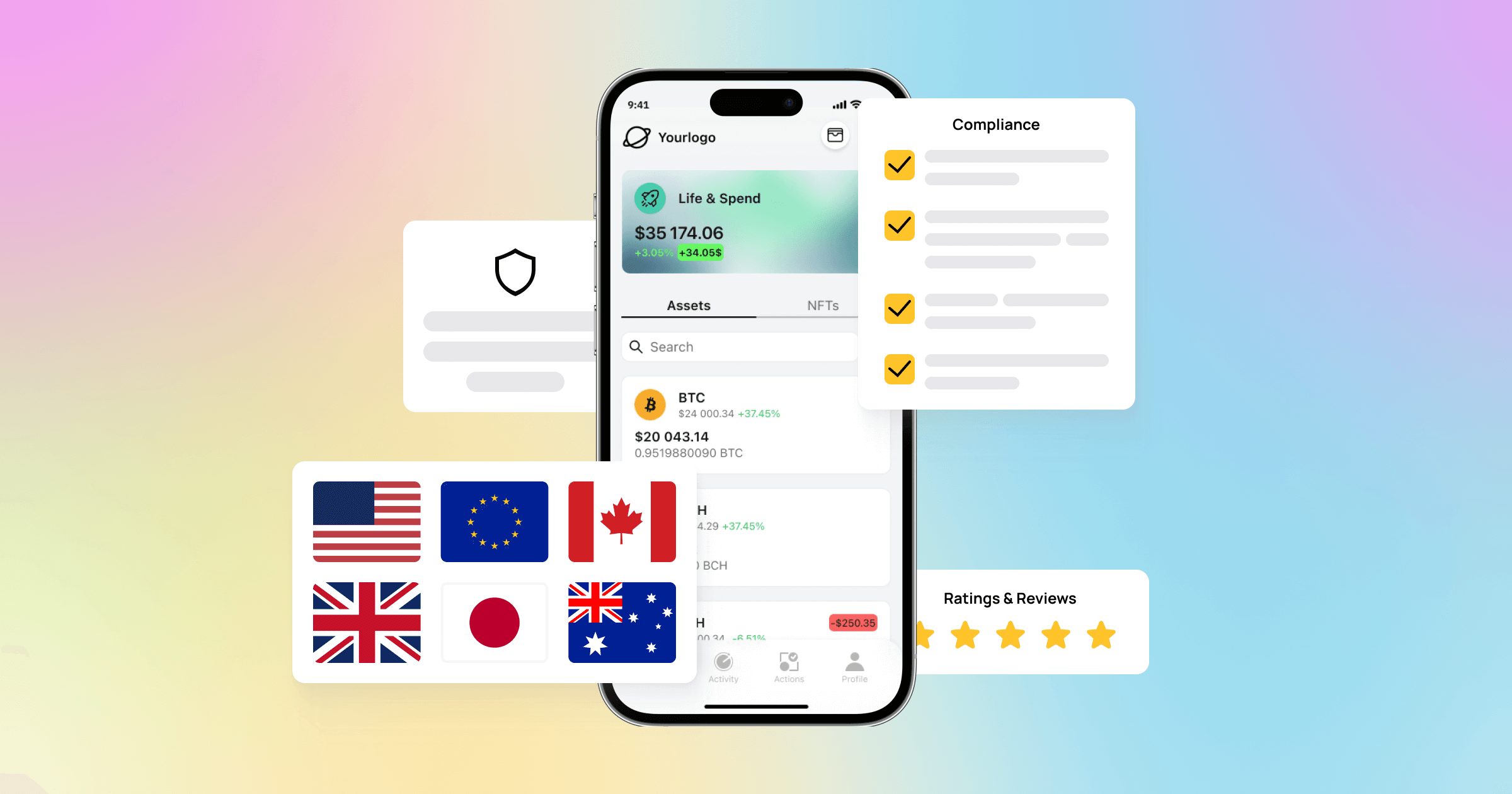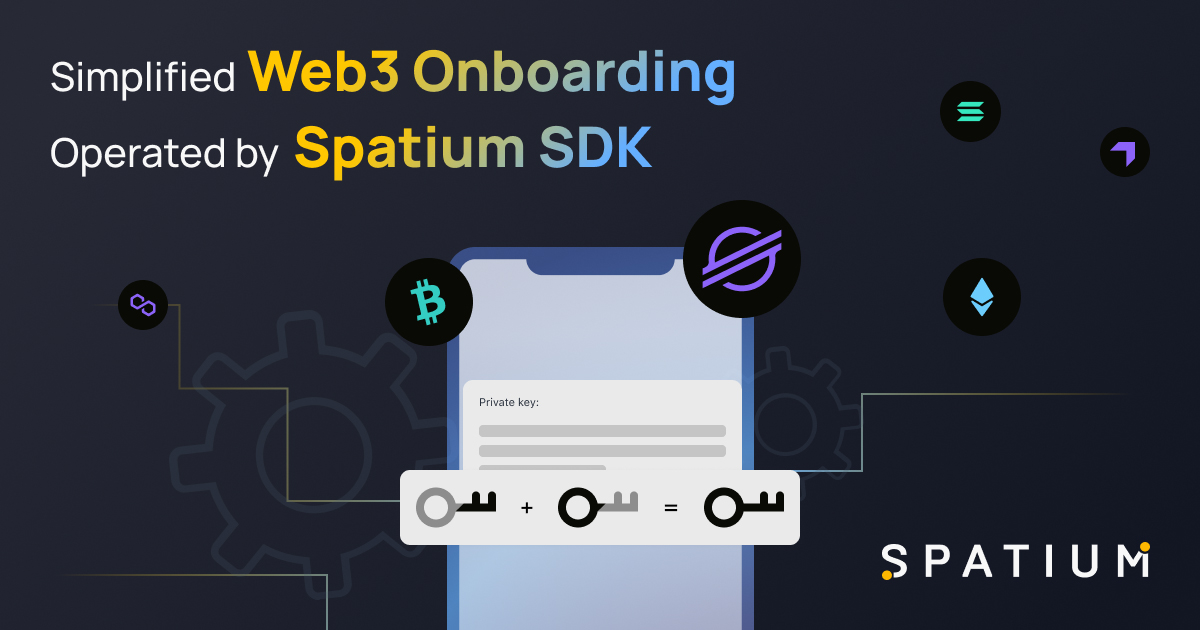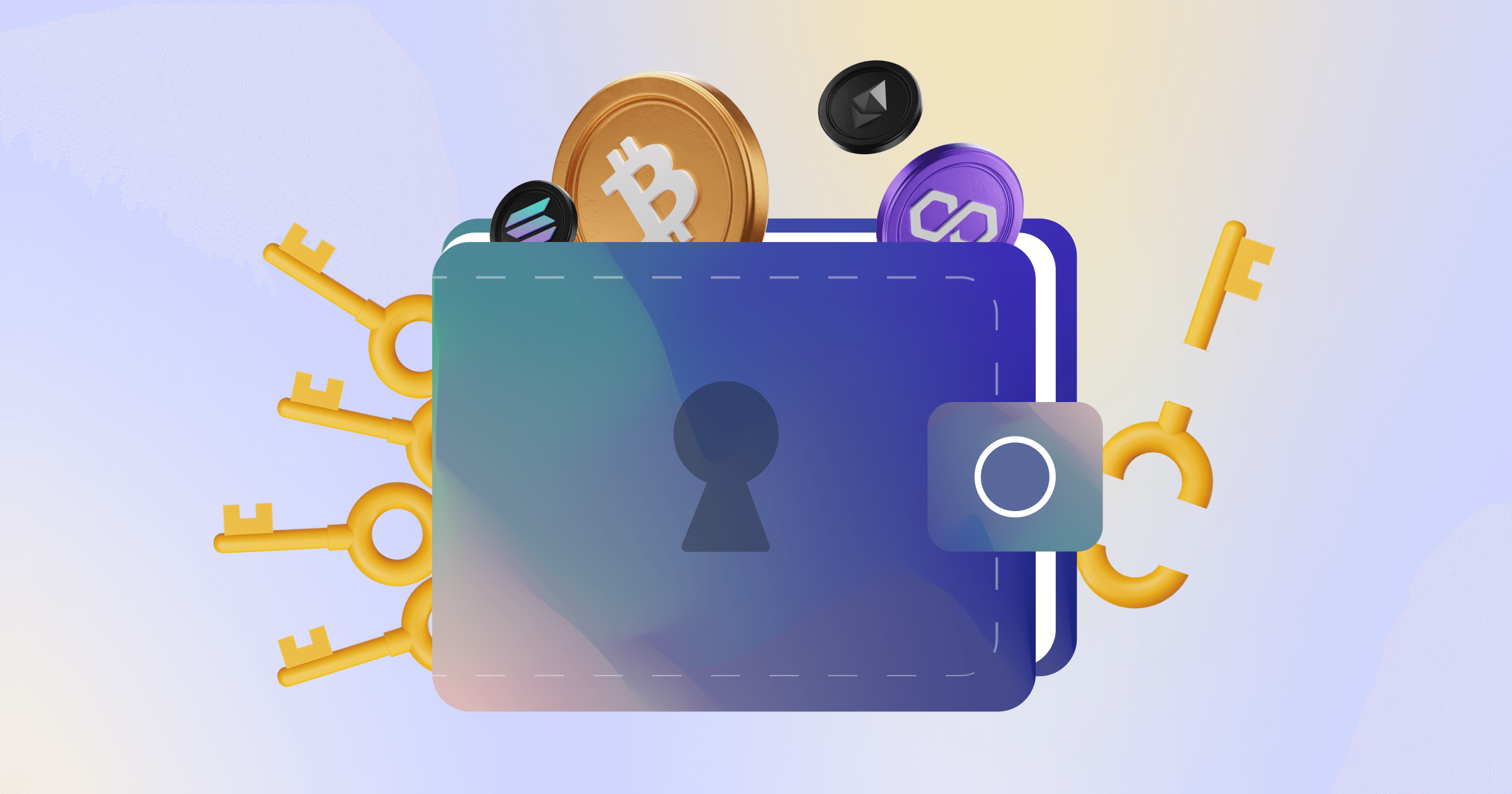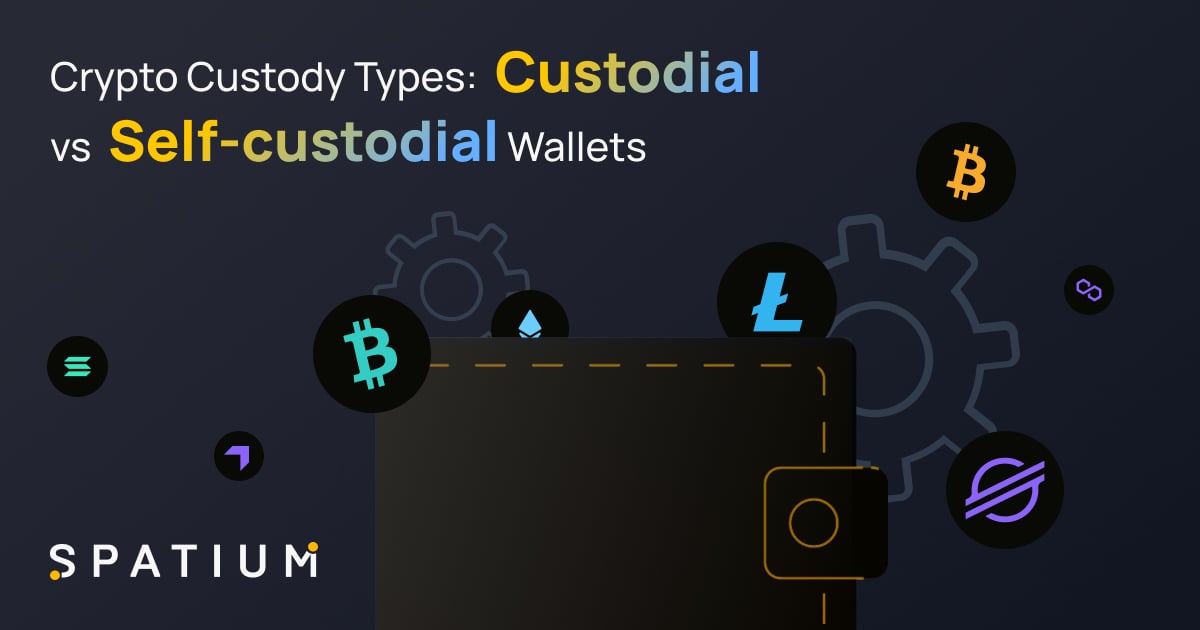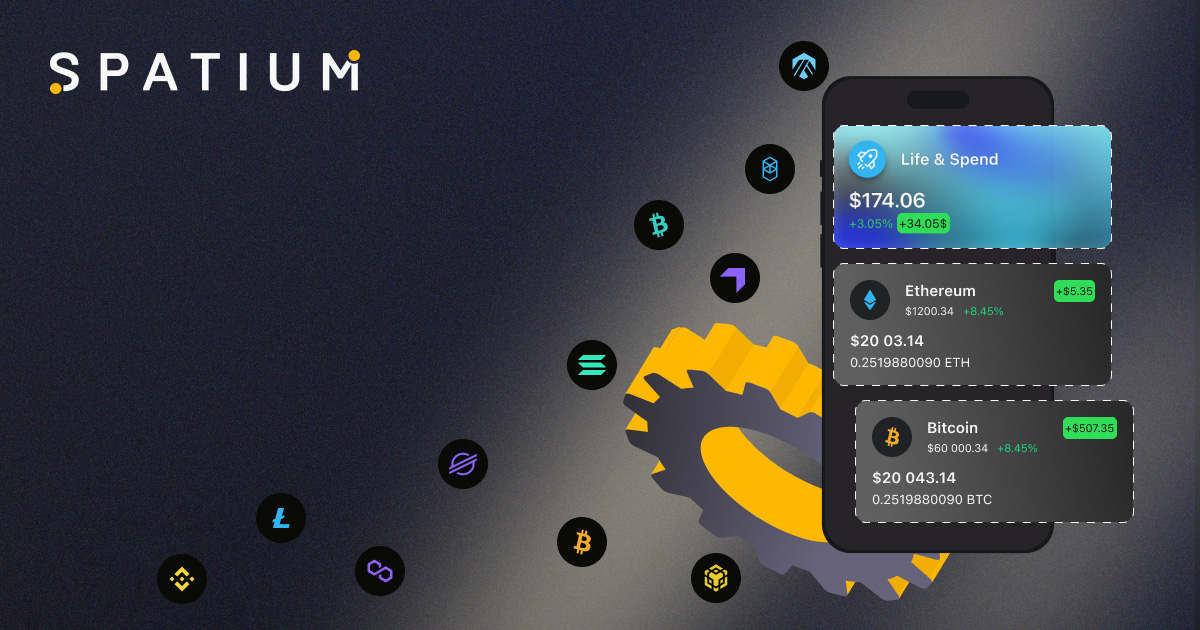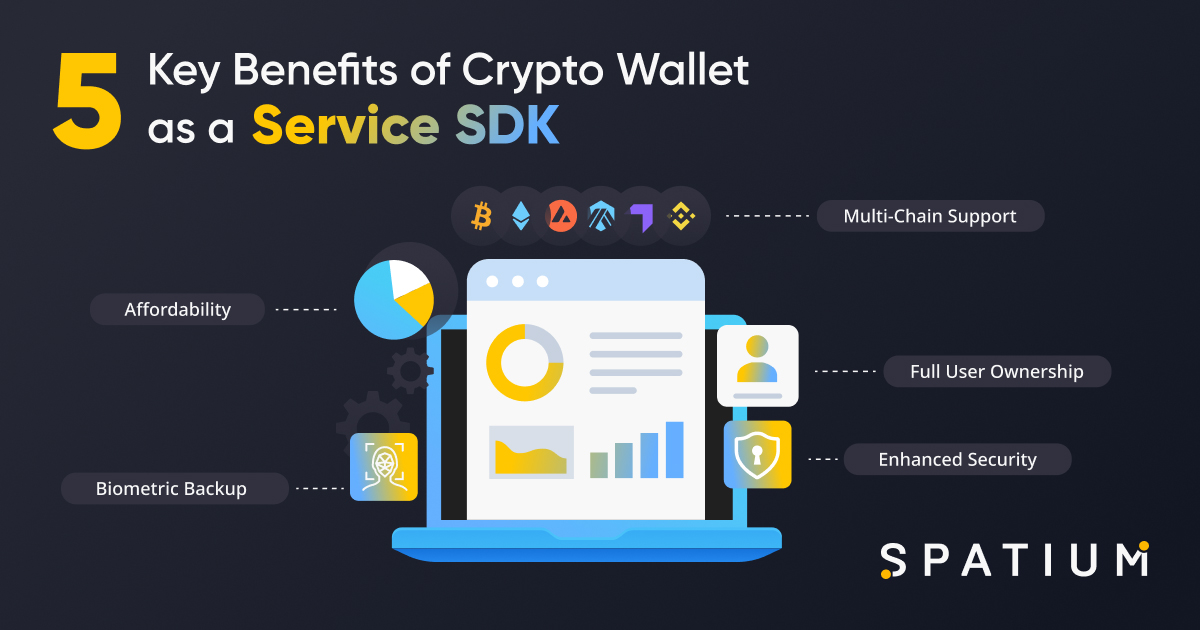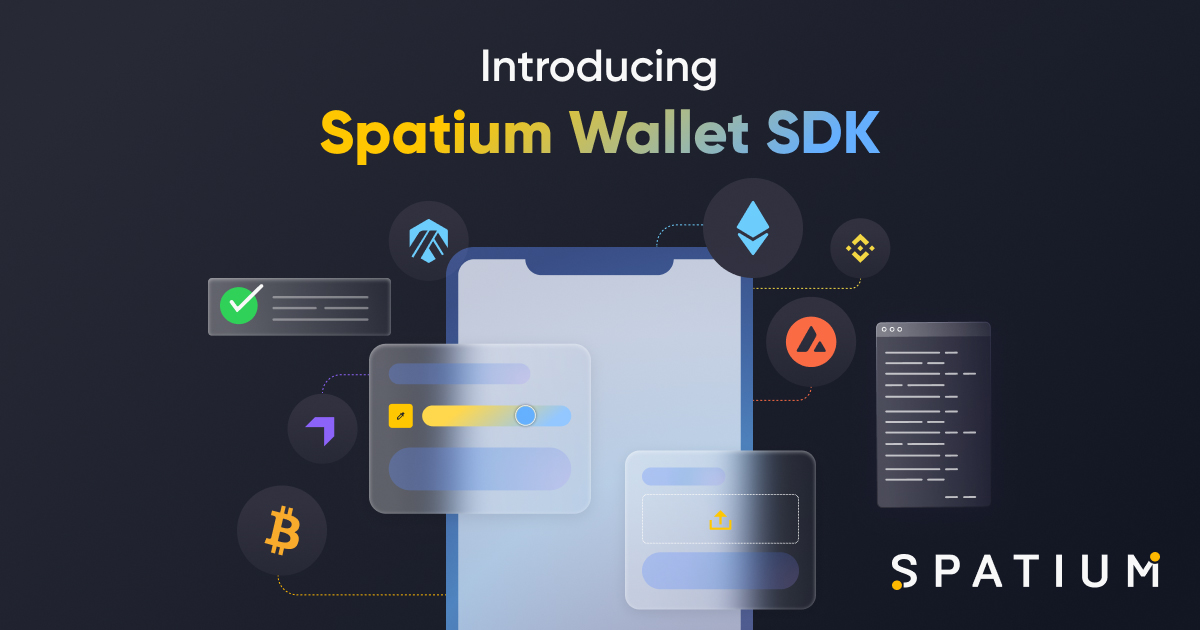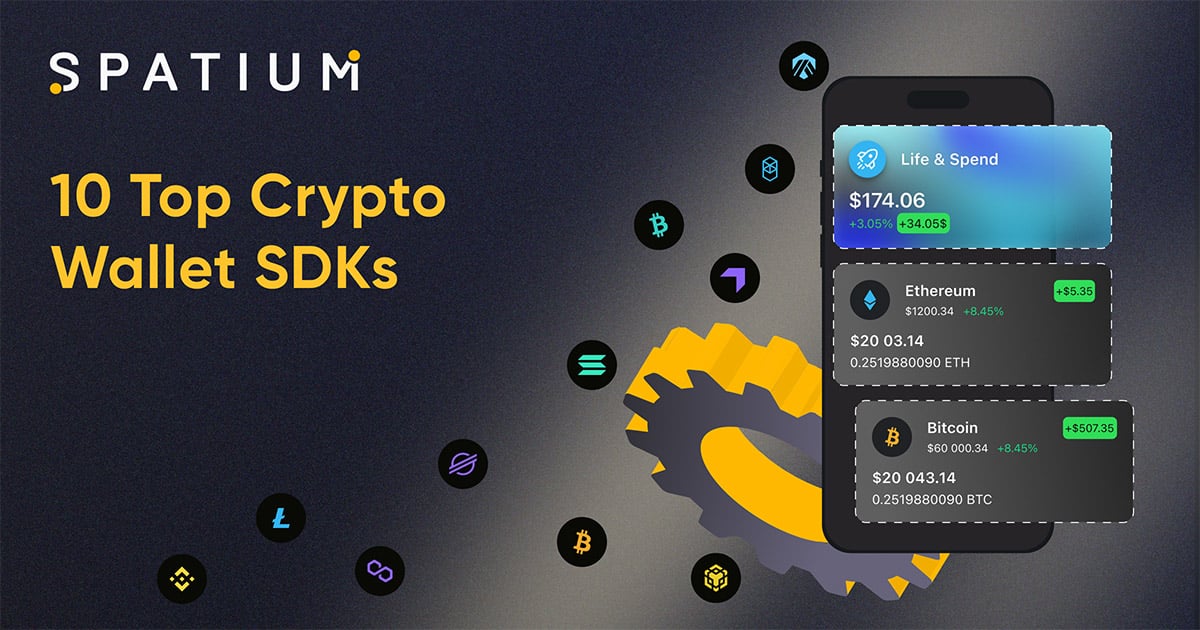Share this
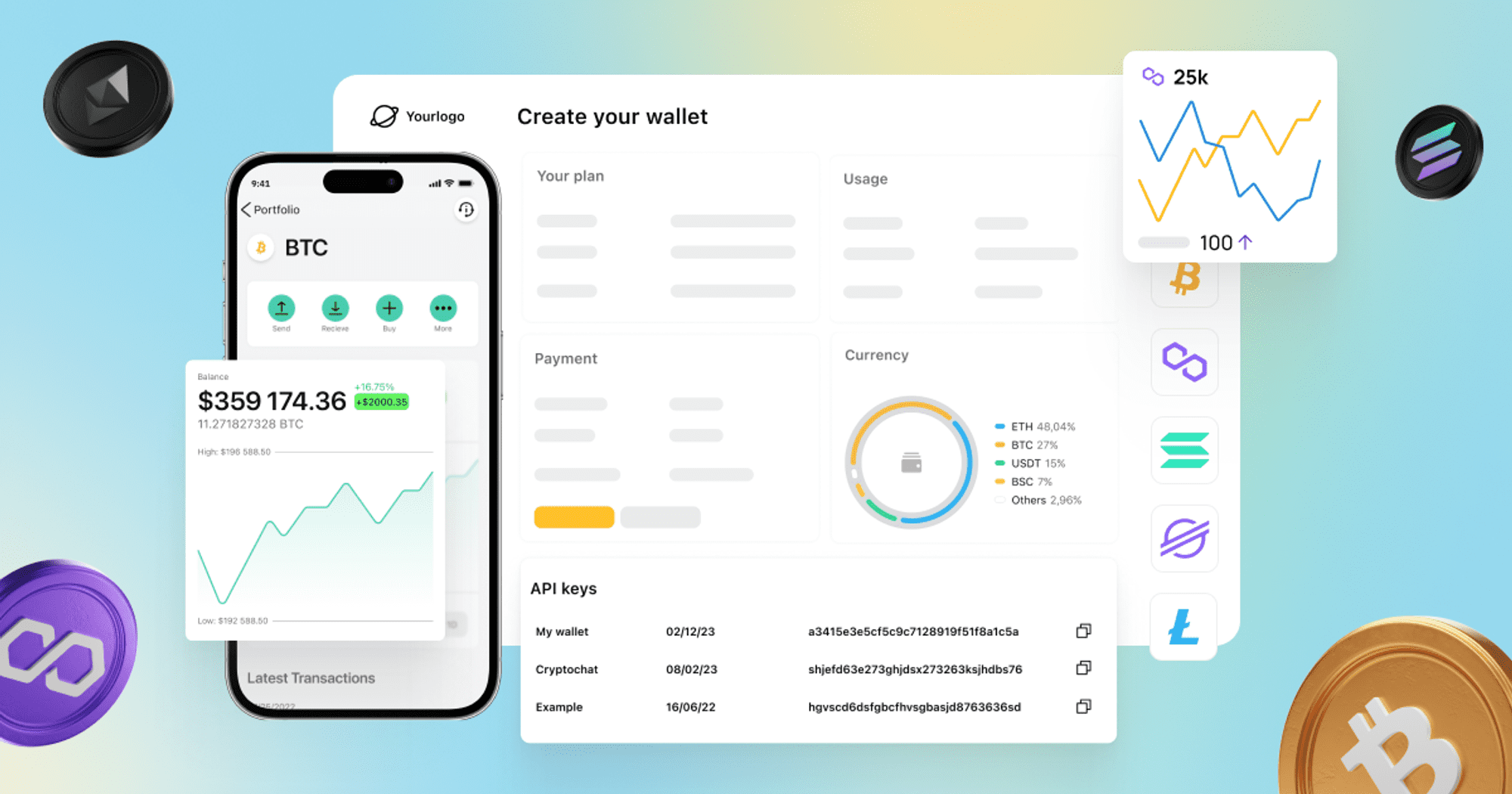
One of the reasons why the adoption of web3 is slowed down and still lacks a lot to fully compete with web2 is the high level of fragmentation existing there.
Some blockchain ecosystems are bigger, and some are smaller but there is no efficient interoperability across them yet. The most sensitive part of web3 which is especially vulnerable to blockchain isolation is DeFi (Decentralized Finance). If we try to compare traditional banking and financial services to web3 ones, we end up comparing typography with handwriting services.
Most blockchains lack communication with each other. They can not easily share data and assets, which means that the application of DeFi technology and the benefits coming with it are limited.
One of the burning questions for DeFi is how to facilitate transactions across chains, switch platforms, and promote DeFi protocols integration with existing systems.
The answer to this question is to increase interoperability across blockchain networks with the help of various tools and protocols to break the siloed nature of existing ecosystems.
What is DeFi?
Decentralized Finance is an emerging technology that allows its adopters to challenge the existing traditional centralized financial systems. It comes with less or zero fees for transactions. Also, it promotes peer-to-peer financial services eliminating third-party involvement, and enables financial services for unbanked and underbanked parts of the world.
Being built on blockchain, DeFi technology offers similar to the rest of web3 advantages: security, immutability, and transparency. At the same time, taking into consideration that each blockchain has its properties, it offers various conditions for DeFi protocols hosted there.
In the situation when blockchains are not tuned, DeFi solutions require an intermediary to connect. One such intermediary is a multi-chain crypto wallet. This is why they are anticipated to become a game changer for DeFi allowing users to access the services hosted on various chains through one interface.
Multi-chain Blockchain Wallet as a Service
Since multi-chain wallets have been introduced, they are, indeed, changing the way DeFi is developing. There is no more need to operate several wallets if you can make any asset transaction in one click. Also, it helps users to minimize gas fees, because all the assets are stored in one wallet
That's great news for businesses who are planning to onboard new users to web3 and don’t expect the latter to have solid technical skills and experience.
Also, if a company requires a quick start to prove their ideation and see how the community reacts to new products and services, it’s highly recommended to go with blockchain Wallet as a Service (WaaS) providing the development of multi-chain crypto wallets in no time. One of the providers of facilitated multi-chain crypto wallet development is Spatium. Our blockchain WaaS platform helps to mint wallets with:
- engaging user-friendly interface;
- additional protection layers and enhanced security (MPC, ZK-proof technologies);
- non-custodial nature, allowing wallet providers to operate right away without licenses and certifications.
- user full control over private keys.
- future-proof asset storage, when any emerging blockchains that become prominent are added to the wallet SDK;
- global access to digital assets from any location worldwide regardless of your bank statement.
Moreover, the Wallet SDK which can be implemented by your in-house development team in less than a month is written in native Swift, Kotlin, or Typescript, depending on the platform.
Multi-chain wallets give users the flexibility they request. They could seamlessly access a broader range of decentralized services and apps fostering the growth of the web3 ecosystem.
Multi-chain wallets have a greater potential of connecting users of different technical backgrounds to DeFi services and web3. In addition to reducing the isolated state of blockchains, multi-chain wallets are giving users more freedom to diversify their crypto assets across multiple blockchains: facilitating capitalization on versatile opportunities and spreading the risk.
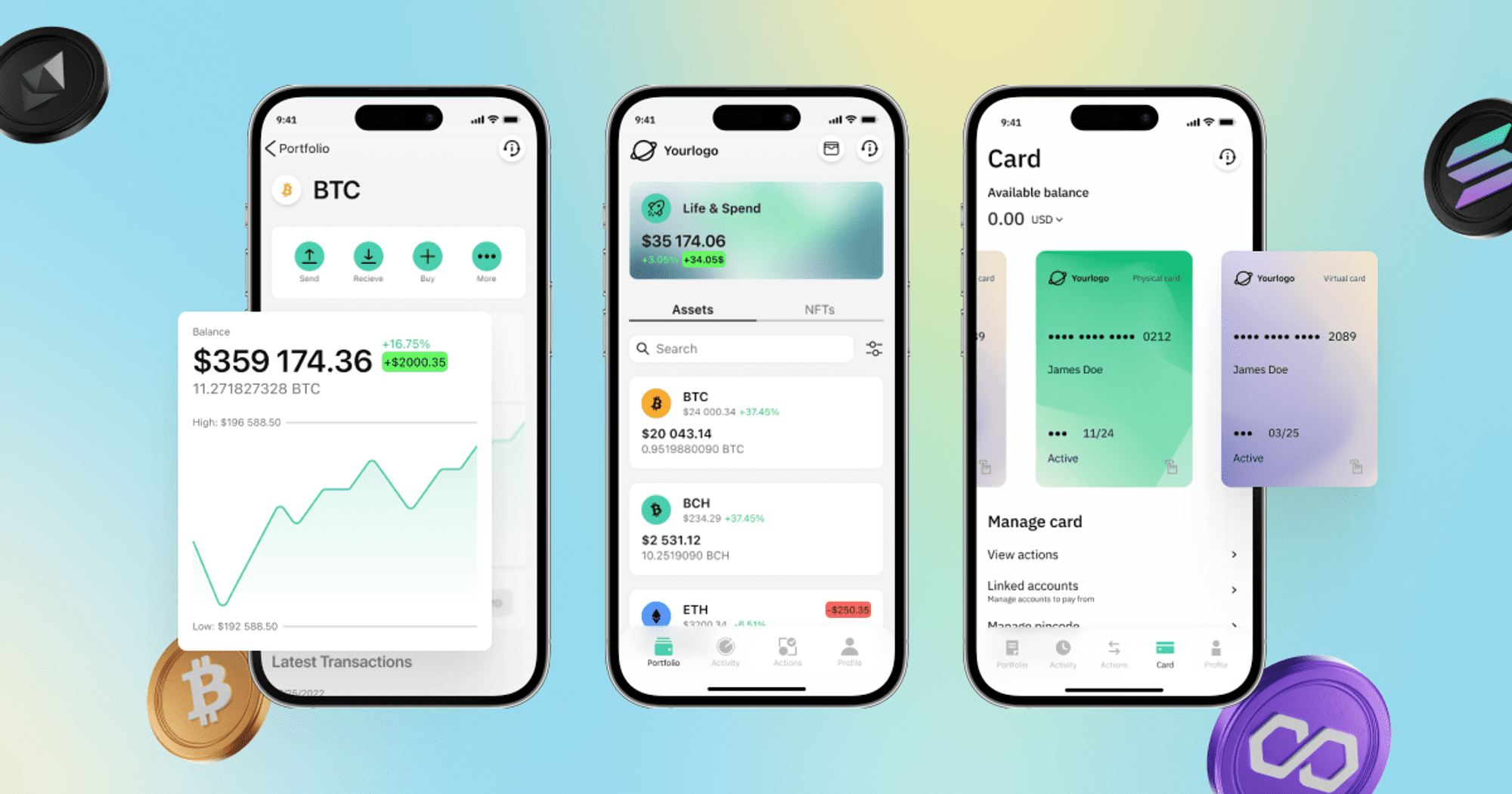
Benefits Provided by Multi-chain Crypto Wallets
1. Enhanced Scalability
Leveraging blockchain interoperability tools, multi-chain wallets add to the increasing scalability of the web3 ecosystem. They allow web3 to handle a bigger number of users and transactions.
2. Better Communication
Multi-chain wallets promote seamless communication across various entities operating on different blockchains. This also cannot but stimulate the development of web3 infrastructure.
3. Fragmentation Reduction
The application of blockchain-interoperability tools and services contributes to greater decentralization rather than the promotion of several isolated chains dominating the ecosystem.
Spatium Blockchain Wallet as a Service Multi-chain Platform
Blockchains Supported
Spatium blockchain WaaS platform offers three main components facilitating the development of multi-chain crypto wallets: Wallet SDK, Wallet Cloud, and Wallet UI Kit.
While Wallet SDK is the core encryption part of the wallet, Wallet UI Kit is a set of pre-built design templates to speed up the wallet development. Wallet Cloud is the place where all the interoperability magic happens.
Spatium Wallet Cloud is connected to the following blockchains:
- Bitcoin;
- Ethereum;
- Avalanche;
- BSC;
- Bitcoin Cash;
- Arbitrium;
- Stellar;
- Litecoin;
- Polygon;
- Tron;
- Solana.
Several other blockchain integrations are on the way. All EVM-compatible chains are connected by default.
Portfolio Management
Spatium Wallet SDK allows developers to build wallets with full user-centric management. Users are able to add, delete, or hide any blockchains. Wallets built based on Spatium technology help to gather all digital assets: coins, NFT, and tokens in one place and use one interface to manage them. Also, wallets let you watch cryptocurrency prices fluctuate over any selected period of time.
Tracking Activity
All actions performed could be tracked in the wallet Activity section. Such operations as sending and receiving crypto, and buying and selling could be easily monitored. Moreover, security events, such as registrations into accounts, backups, logins, 2FA, email, and social logins could be also tracked.
Operations Supported
The given below is the list of all operations either active or still under development. For detailed information, please contact the Spatium sales team.
1. Sending and Receiving Crypto
First of all, a user has to identify the recipient. There are several options for that: get data from the clipboard, contacts, or type the recipient info in the domain name. Then, the requested amount for sending has to be specified. This could be done either in fiat or crypto.
Also, there are several ways to accommodate gas policies. A user could choose slow, normal, or high fees, taking into consideration that each of the options affects the speed of transactions in its own way. Technically advanced users could go for a manual fee option based on the unique parameters of each blockchain.
2. On/Off Ramp
On/Off Ramp is a vital operation for any crypto wallet. Spatium blockchain Wallet as a Service platform allows for crypto to be purchased through a debit or credit card, as well as sold back to the bank account.
On-ramp activities are supported through Moonpay, Mercuryo, Utorg, and Changelly. As soon as a user would like to fulfill such an operation, they are sent to the browser to perform KYC, provide the card details, and accept the exchange rate.
Moonpay is the provider for off-ramp transactions. It’s important to mention that any of the providers could be easily changed in case the goals of your businesses require that.
3. Exchanging Crypto
Crypto swap operations could be performed in three main forms: on-chain swap, off-chain swap, and bridge. On-chain swaps are provided by 1Inch and Paraswap by default and include exchange operations with native tokens and coins. 1Inch is a Decentralized Exchange (DEX) aggregator working across all blockchains picking up the best prices for crypo and offering the data to its partners.
Off-chain swaps are performed through ChangeNOW. Such swaps allow the exchange of crypto between different blockchains.
4. Wallet Connect
Wallet Connect is a universal means to connect web3 wallets to decentralized apps (dApps). The connection is performed through displaying a QR code or a deep link and the protocol establishes a connection between devices/apps. Just after a counter-party approves the connection request, a standard WalletConnect URI is established.
5. Exploring DApps
For the needs of your business, alternatives to Wallet Connect could be used. In the near future Spatium blockchain Wallet as a Service platform is enabling dApp Explorer and letting businesses configure what dApps their end-users will use. This will eliminate friction in crypto wallet UX and let users connect to dApps within the crypto wallet.
Conclusion
The development of an easy-to-use and -operate multi-chain wallet development infrastructure is critical to the evolution of DeFi and web3 in general. Blockchain Wallet as a Service is ideal for wallet providers to supply users with highly secured multi-chain non-custodial wallets cost-effectively.
The wallets are connected to multiple blockchains and various third-party protocols to provide a high-class user experience and offer requested services: selling and buying crypto, sending and receiving it, on/off Ramp services, and the connection to decentralized apps through Wallet Connect or dApp Explorer.
Wallets built on the Spatium platform are easy to use, simple, and safe. The more accessible the DeFi system is, the better chance it has to grow and evolve.
Send us a line to get to know more about the Spatium blockchain Wallet as a Service platform and the development of reliable, user-friendly multi-chain wallets.
Share this
Subscribe by email
Related posts






